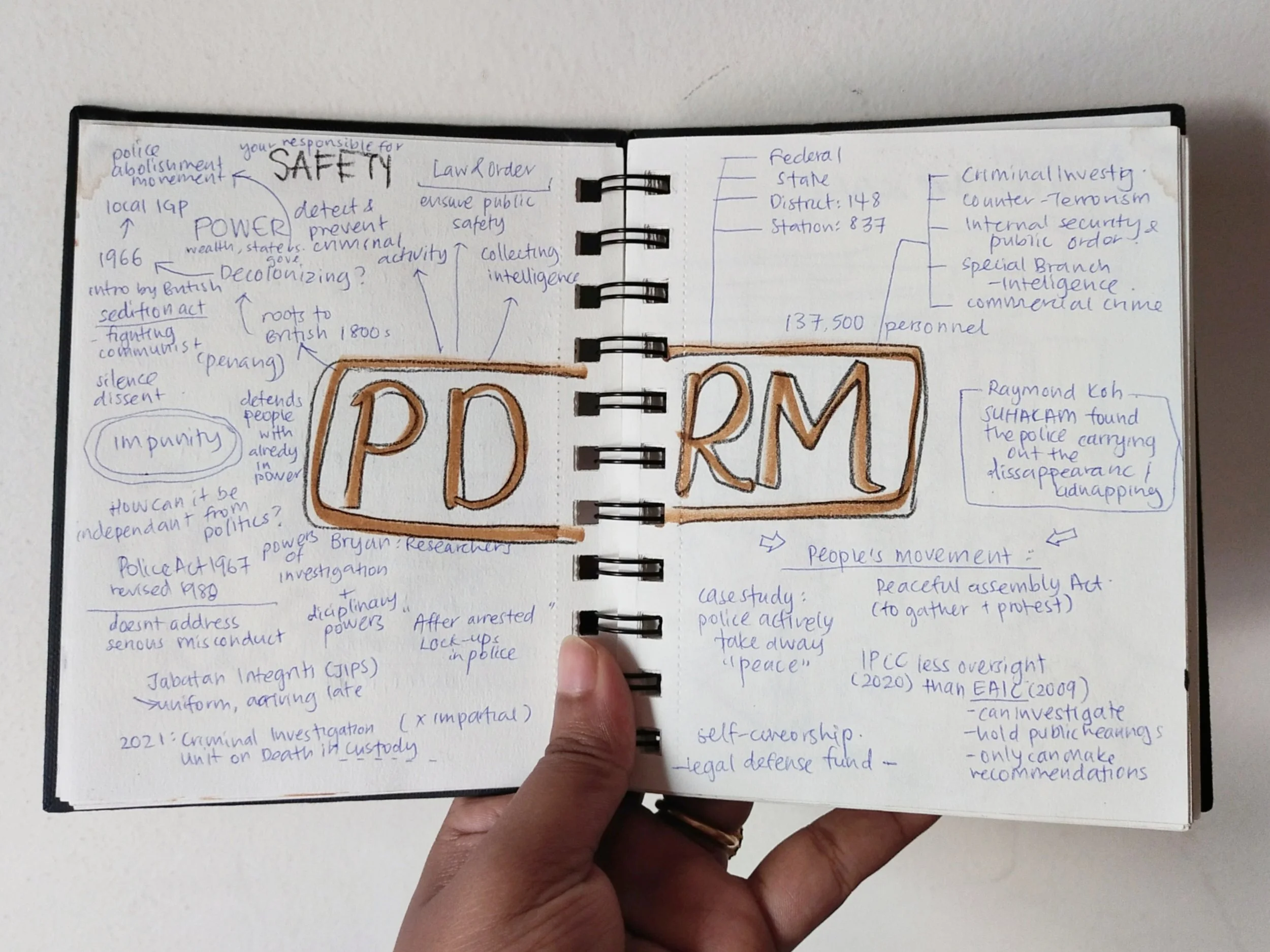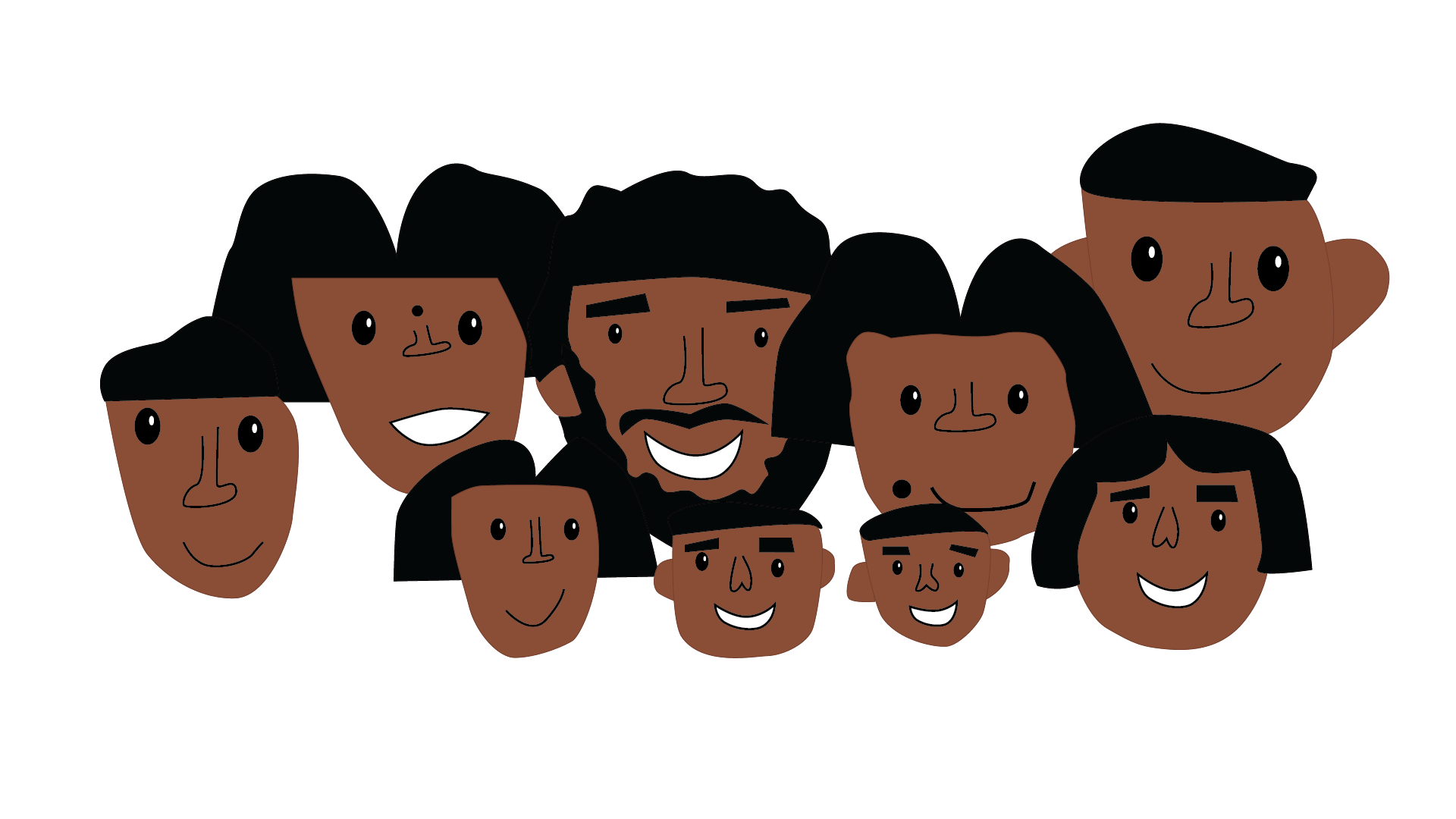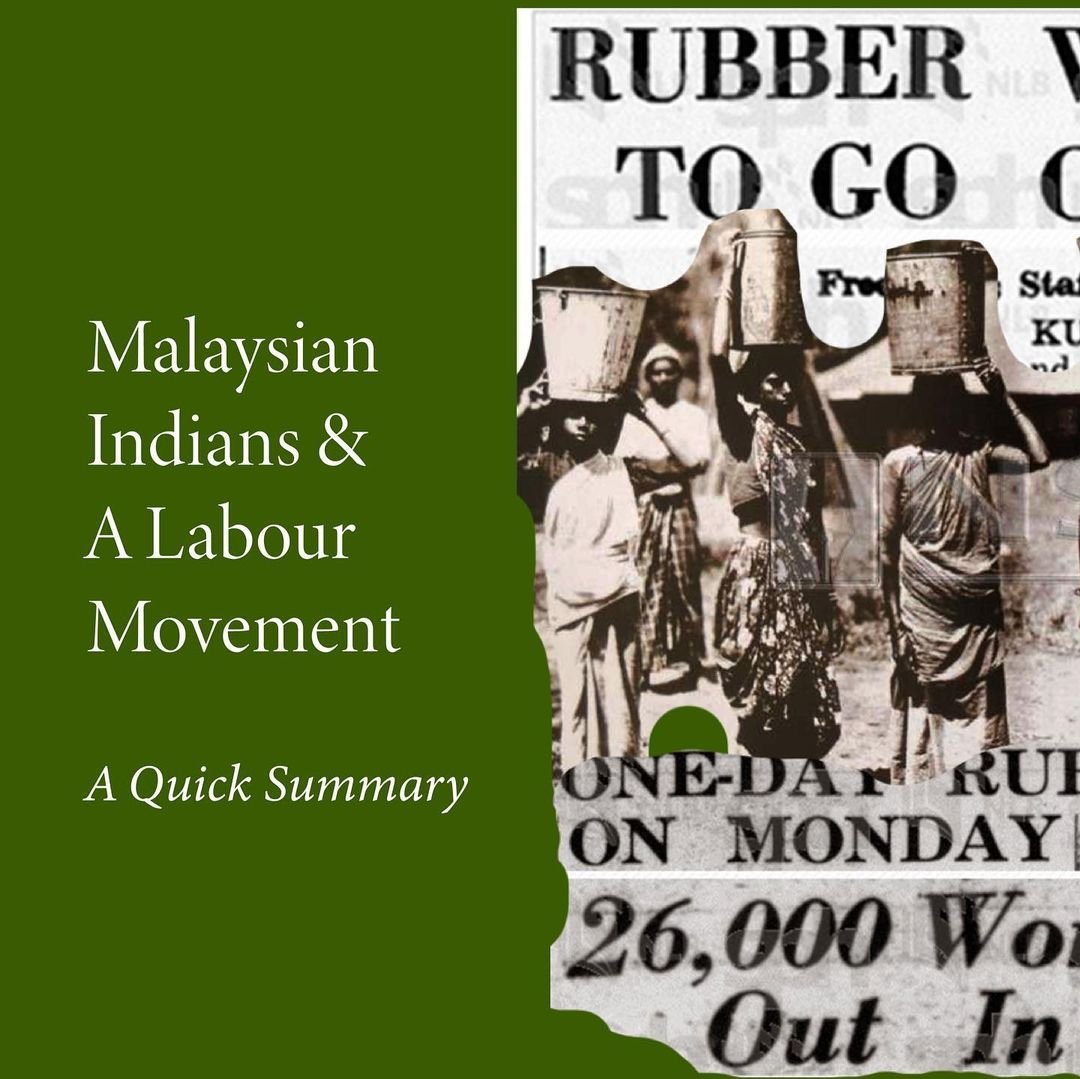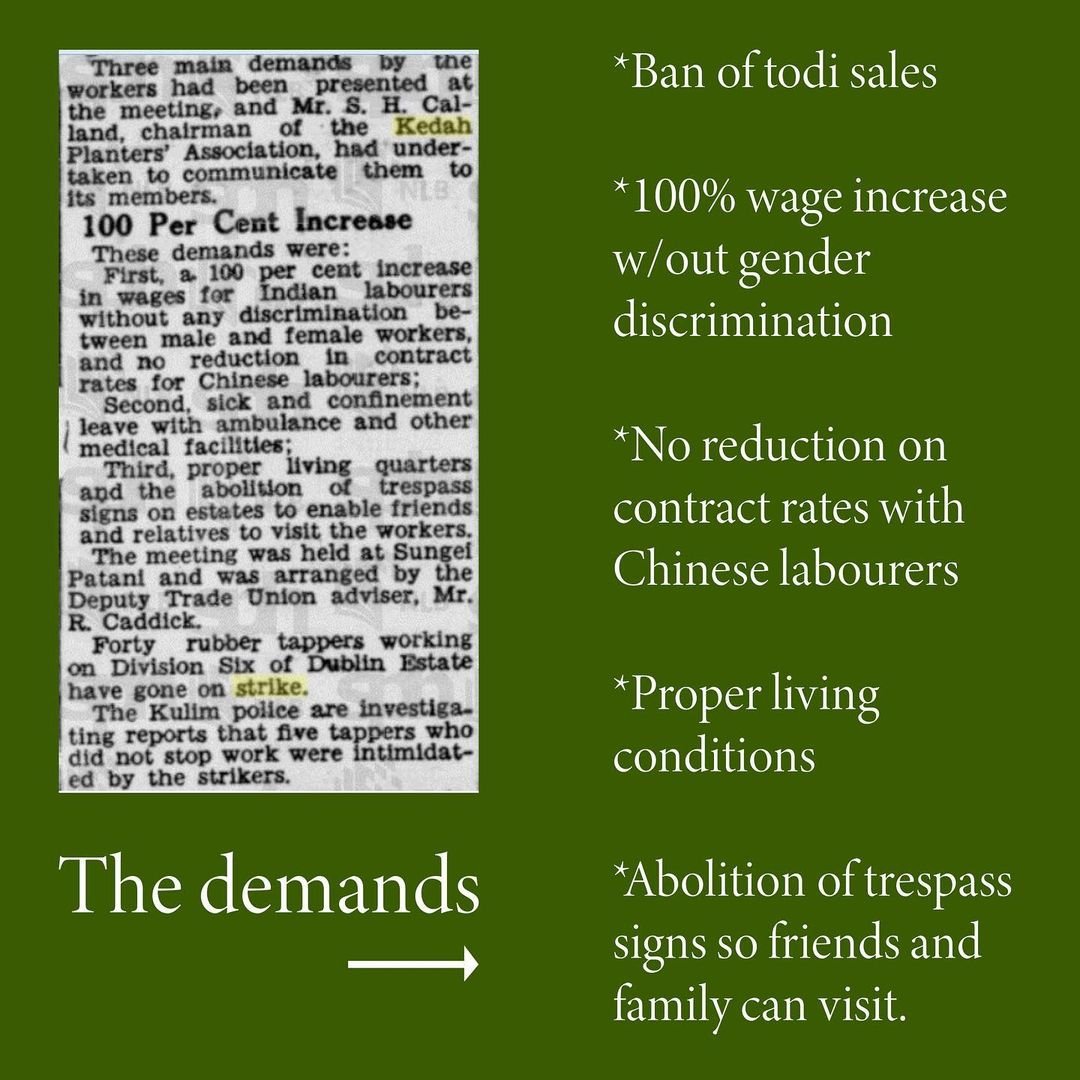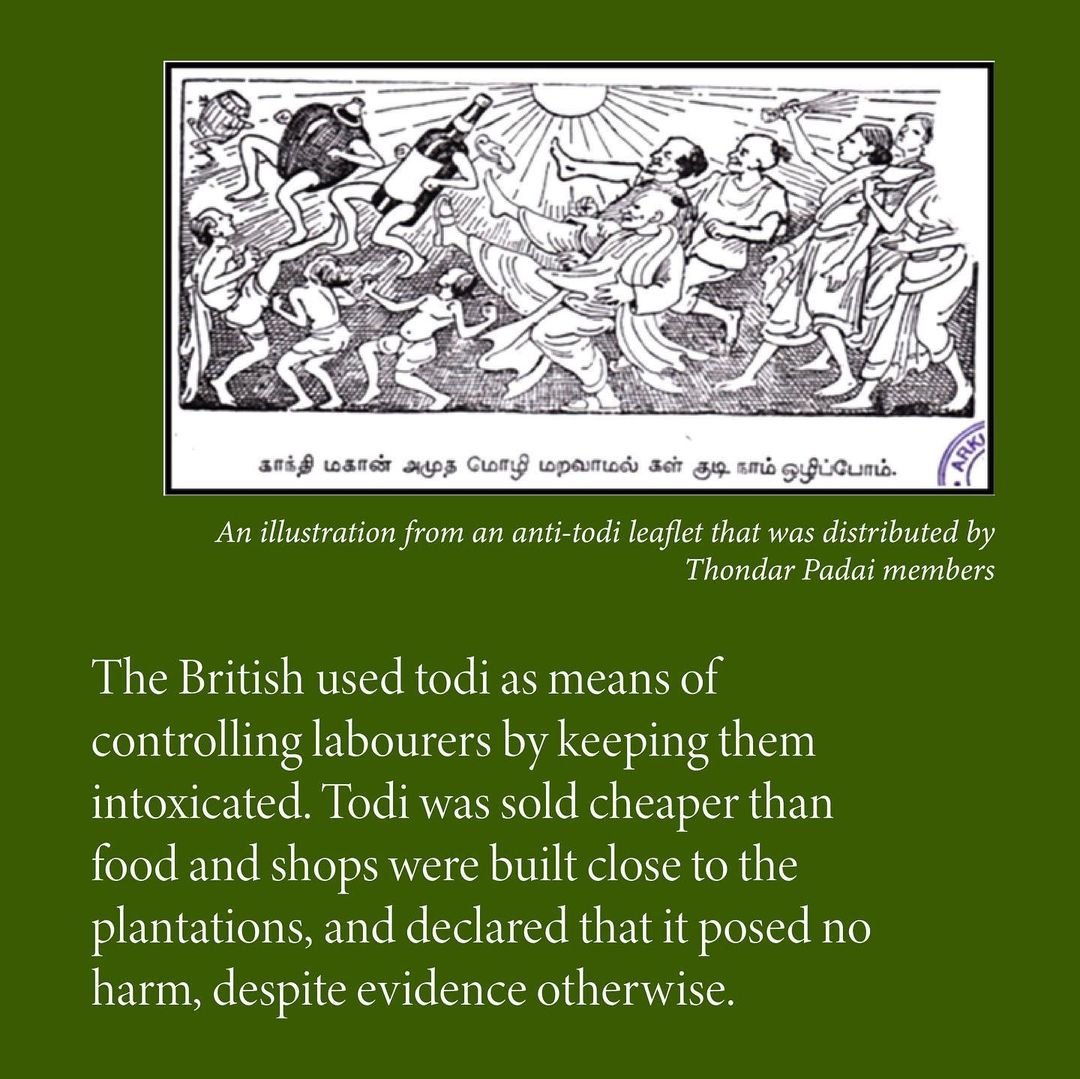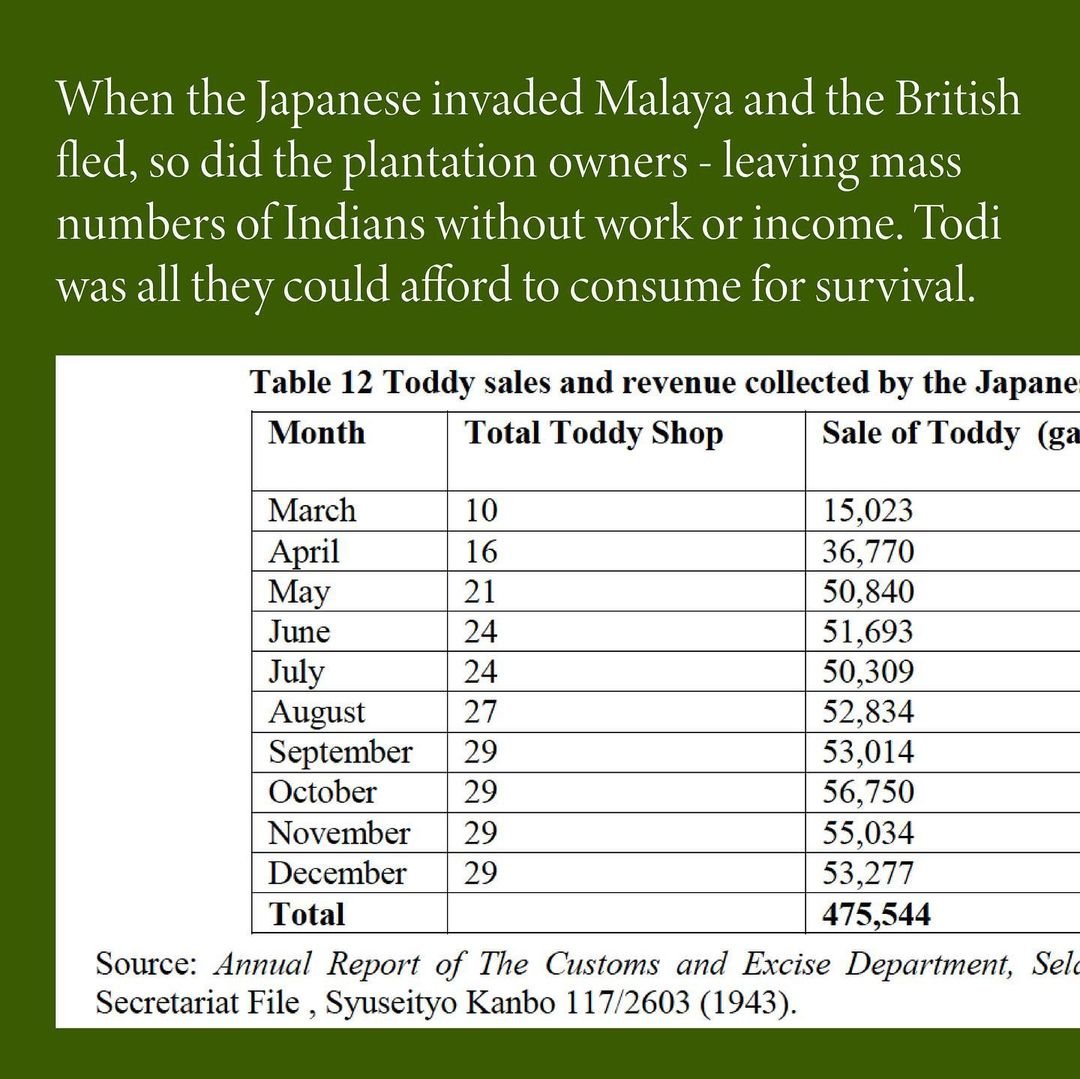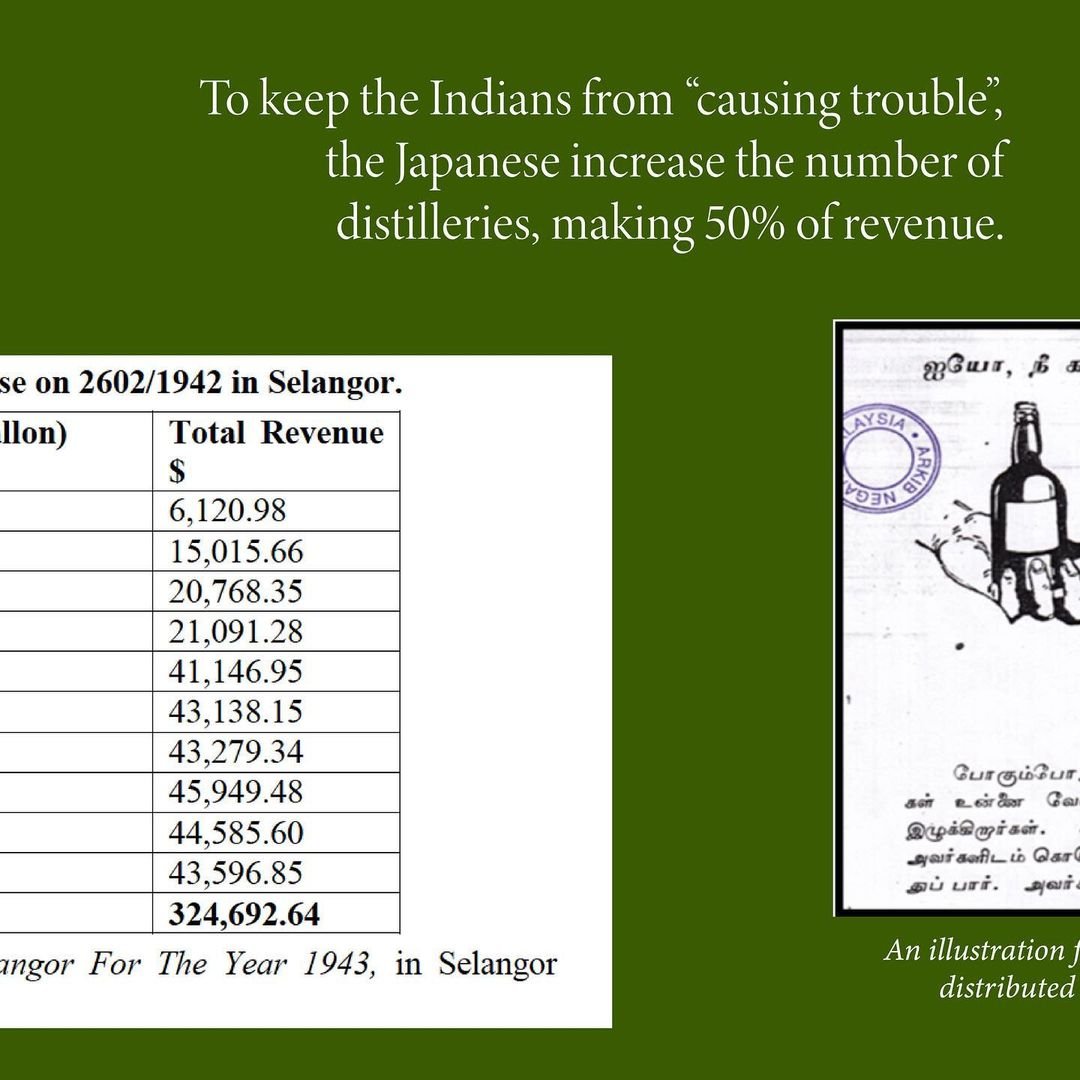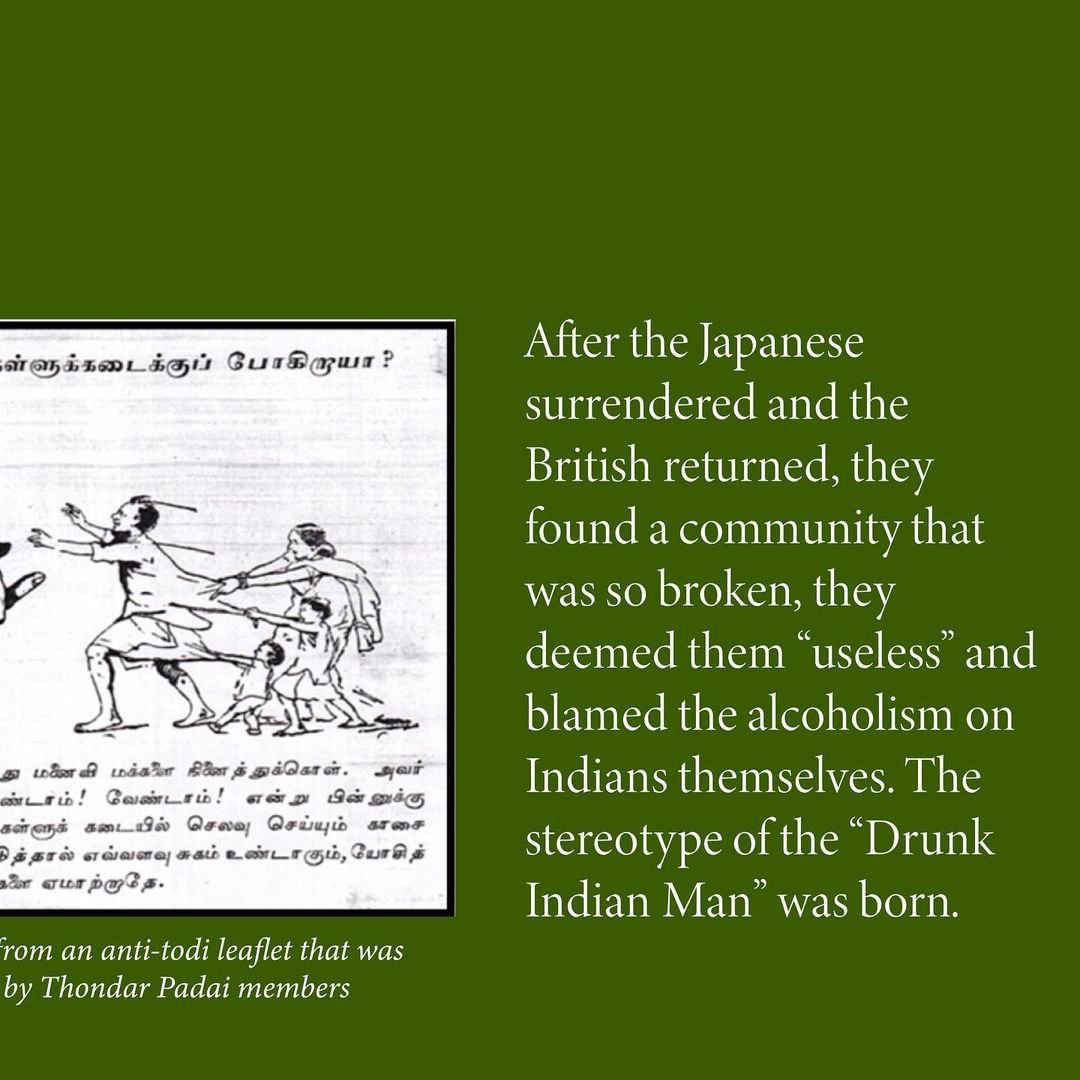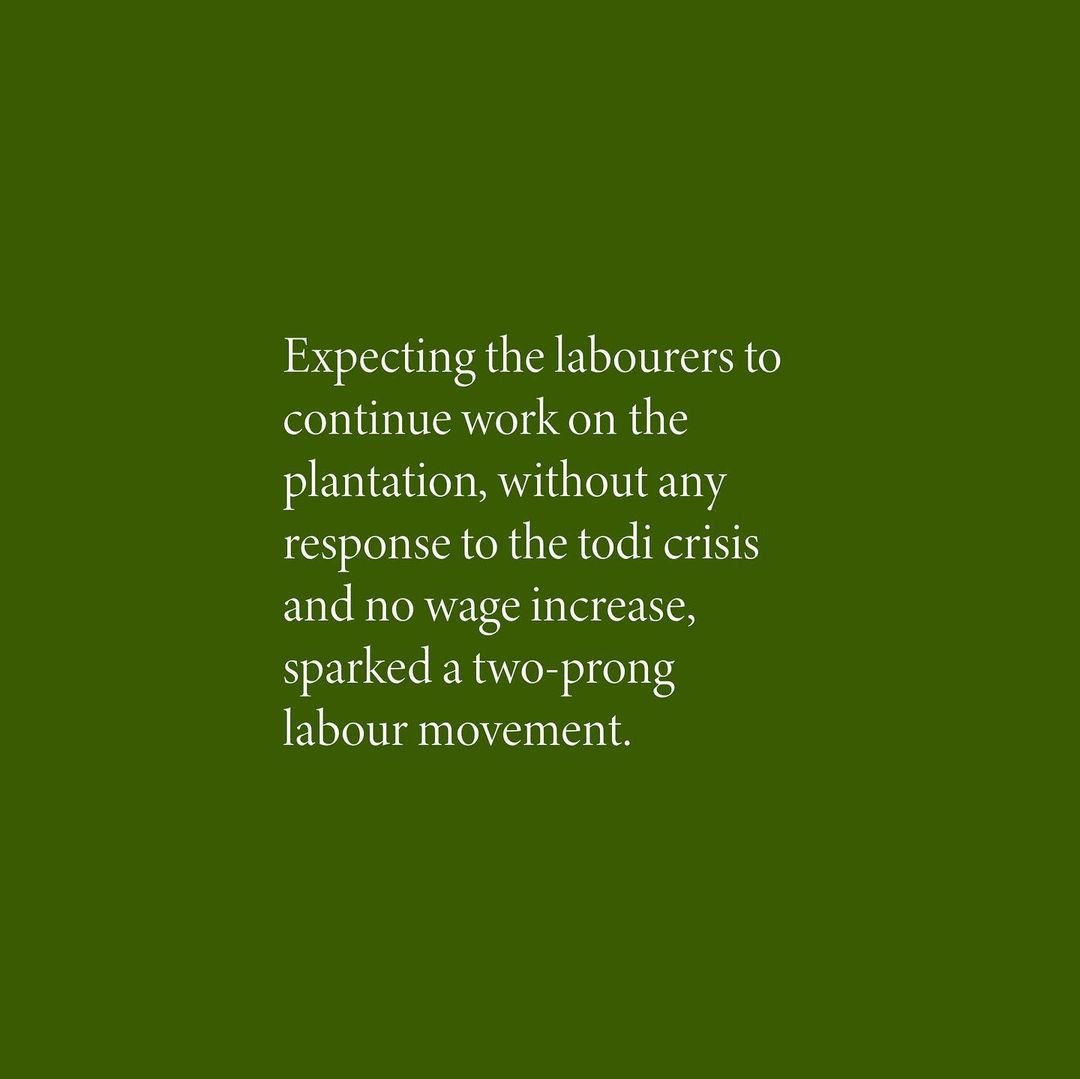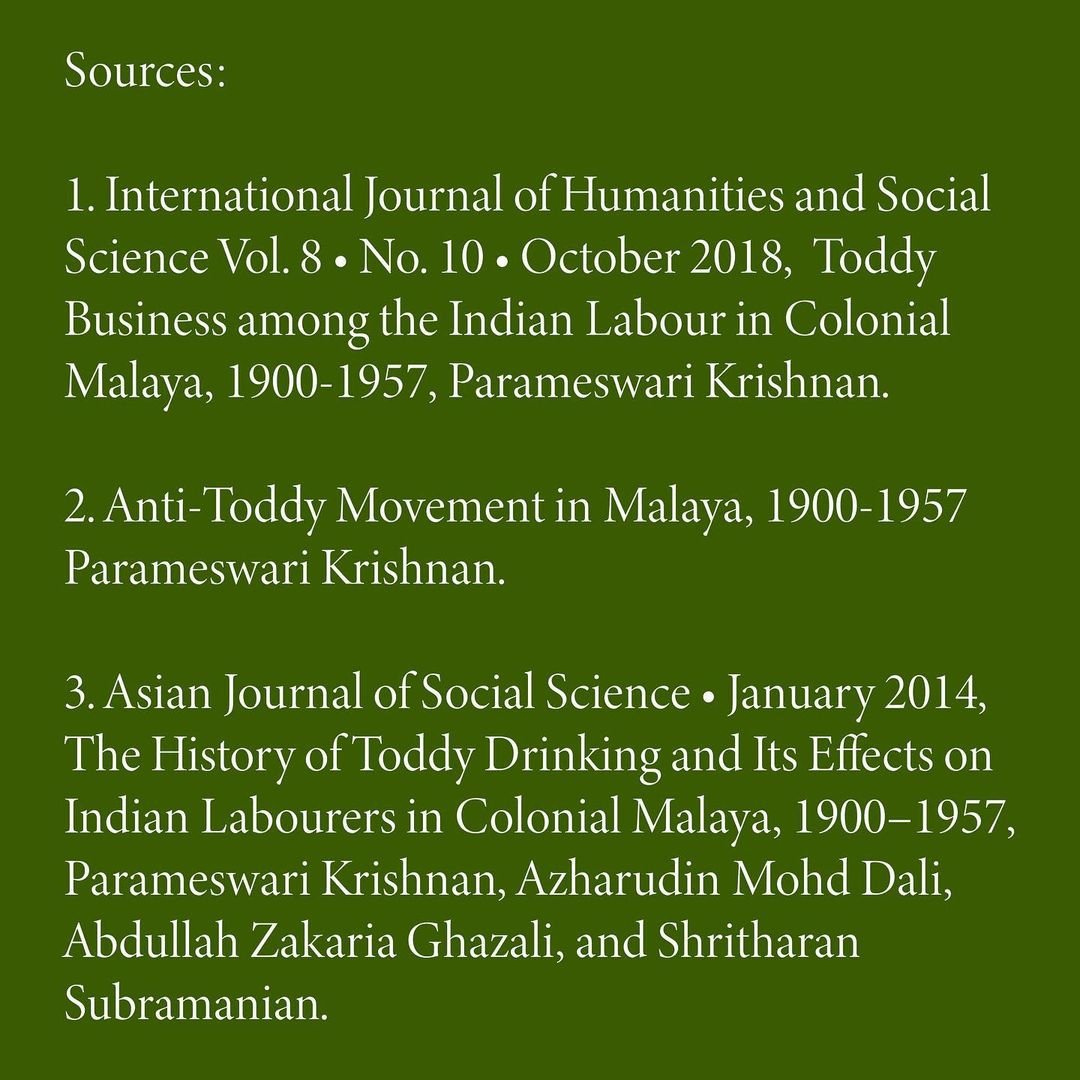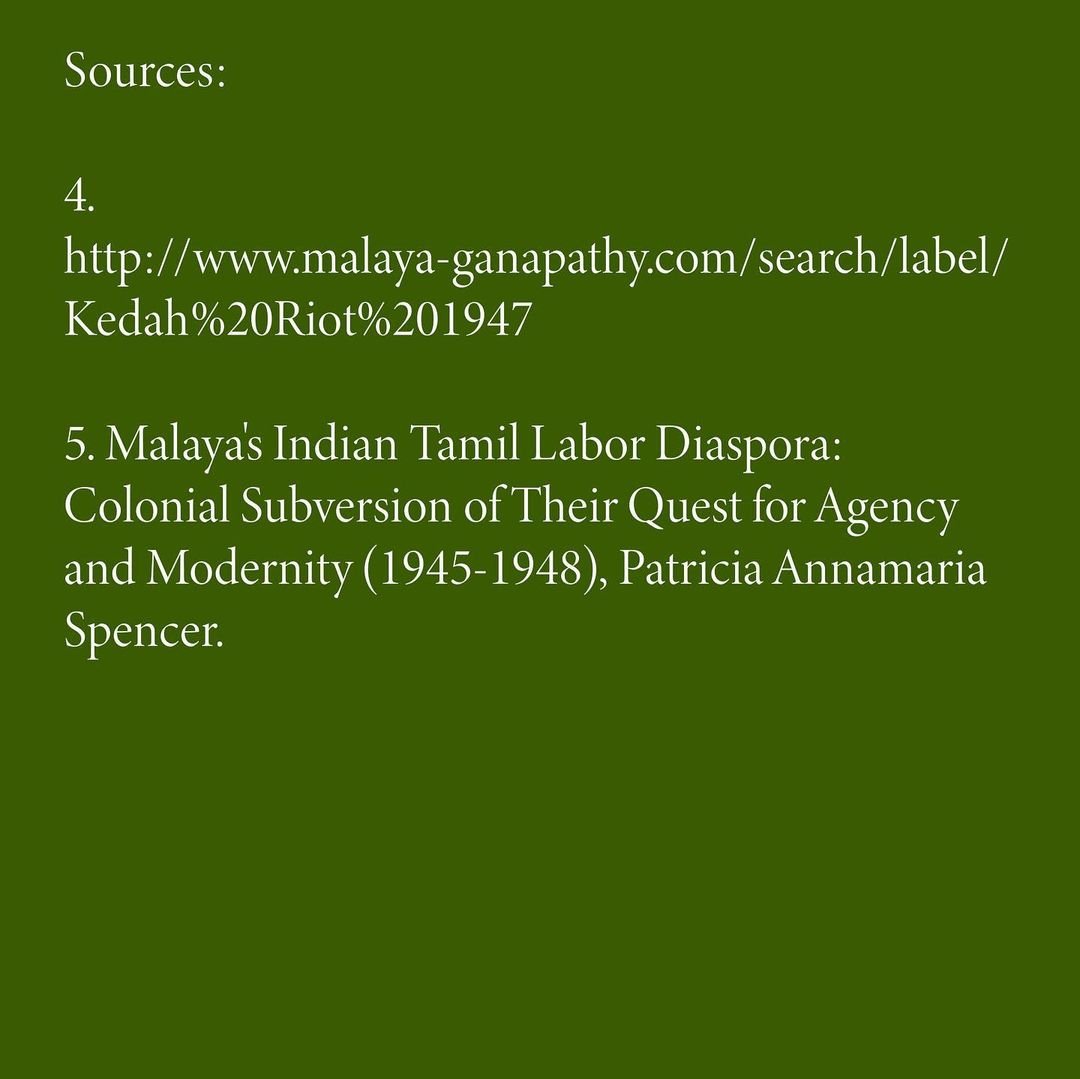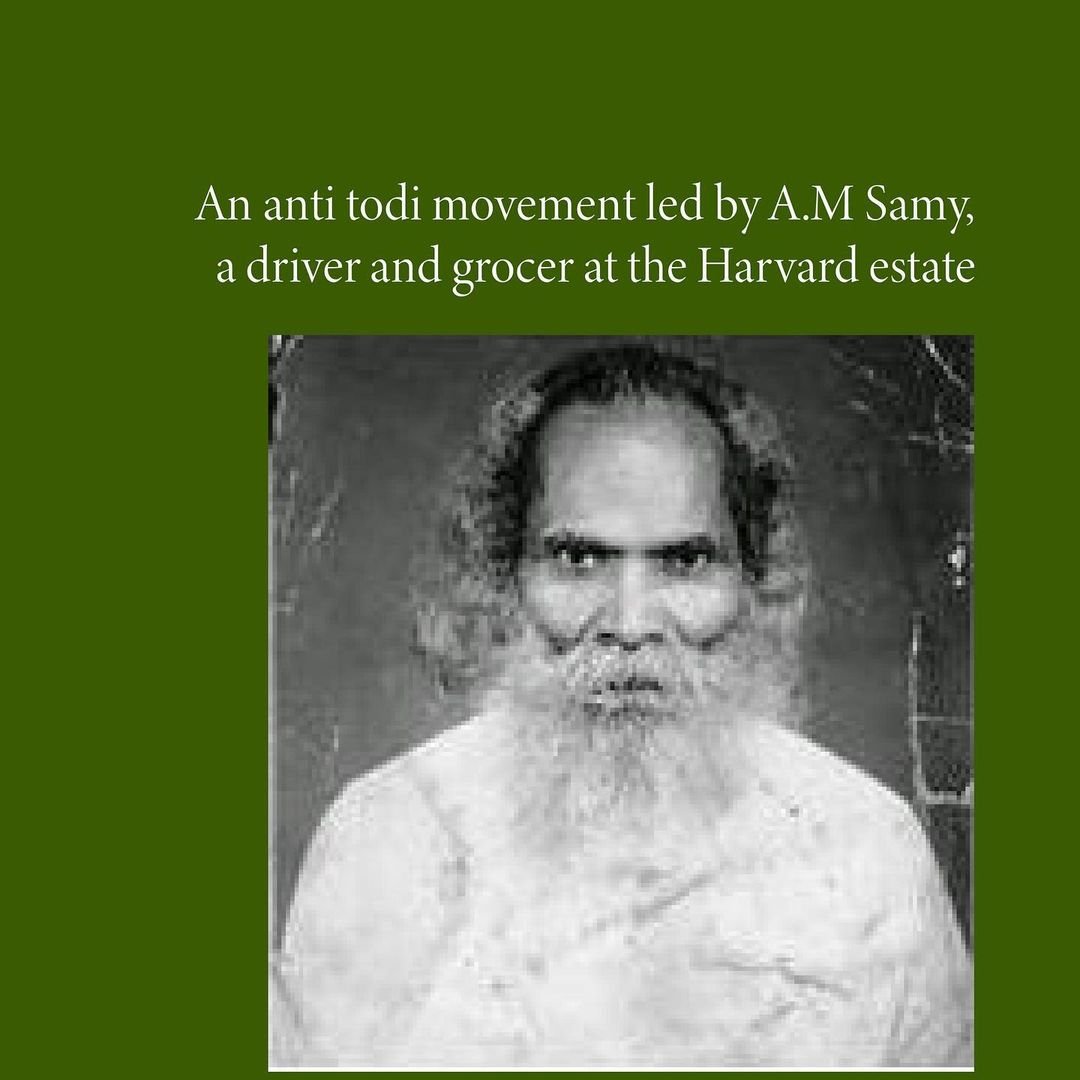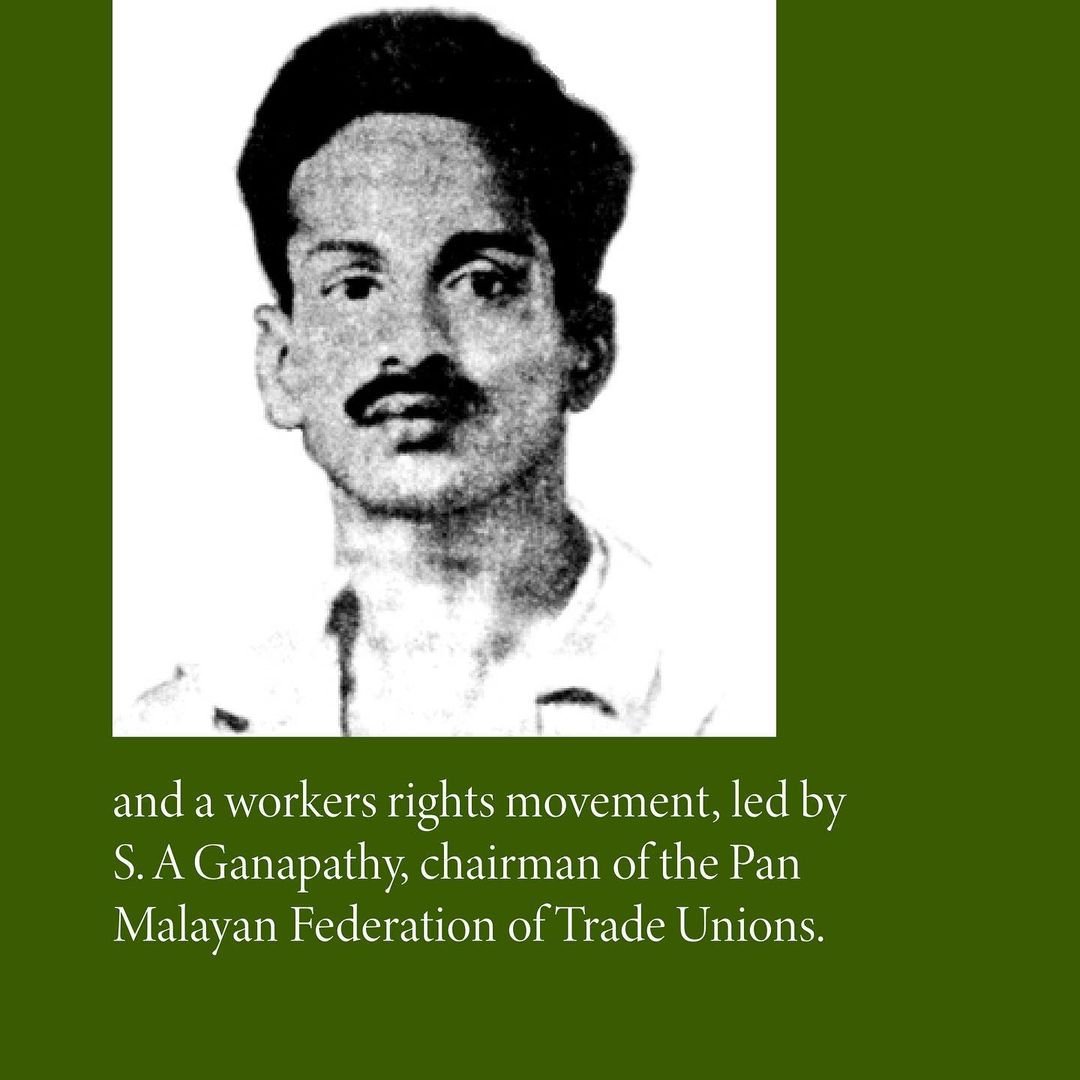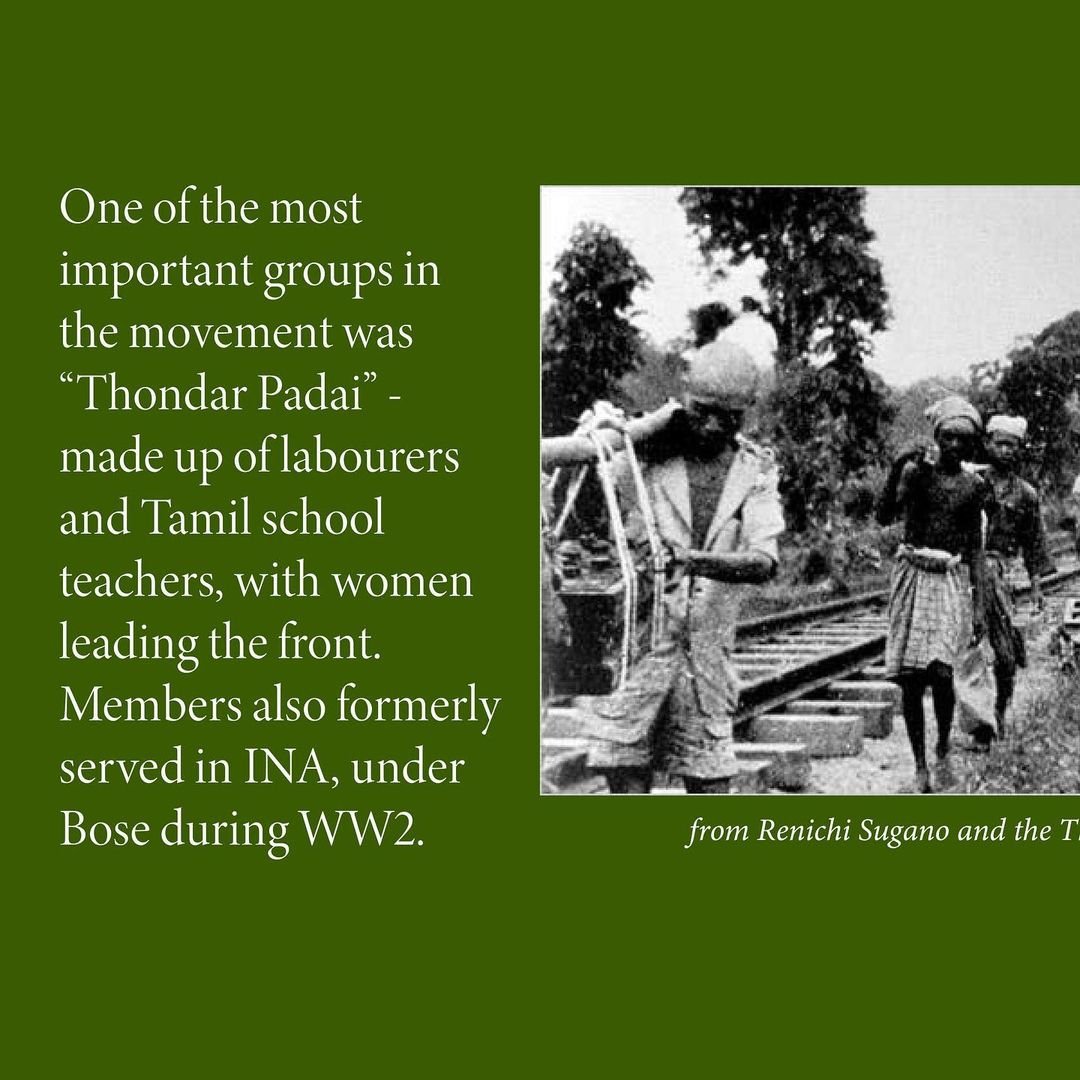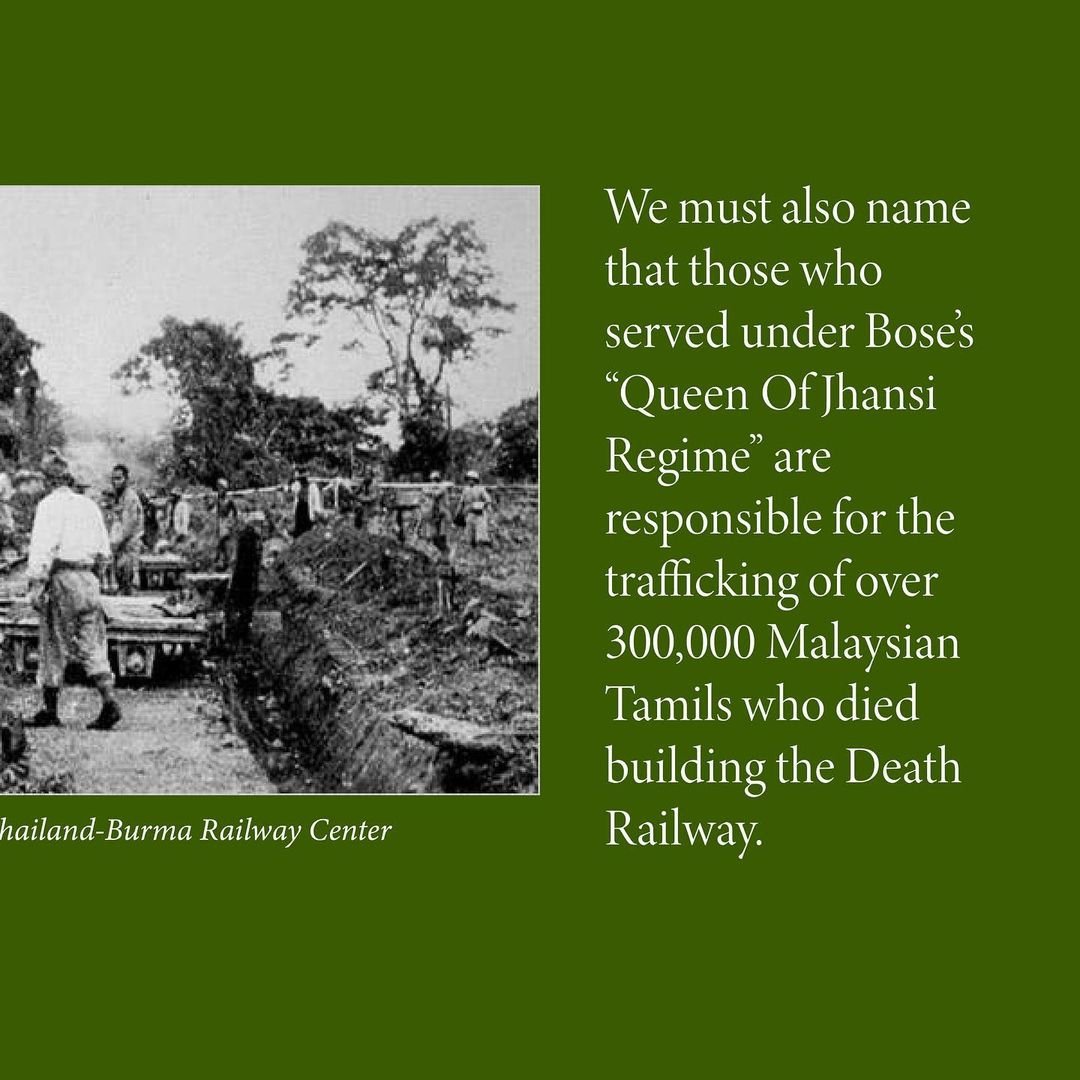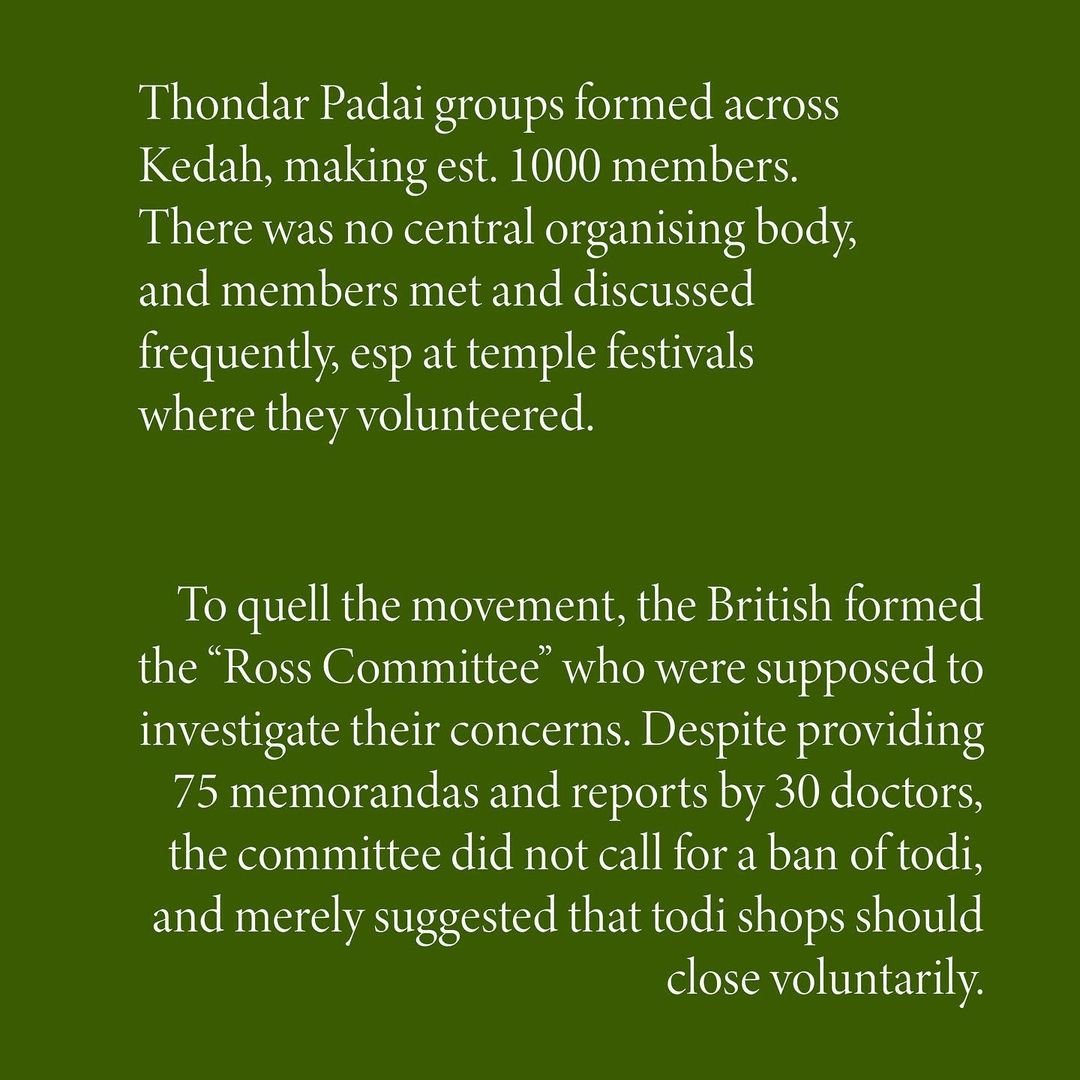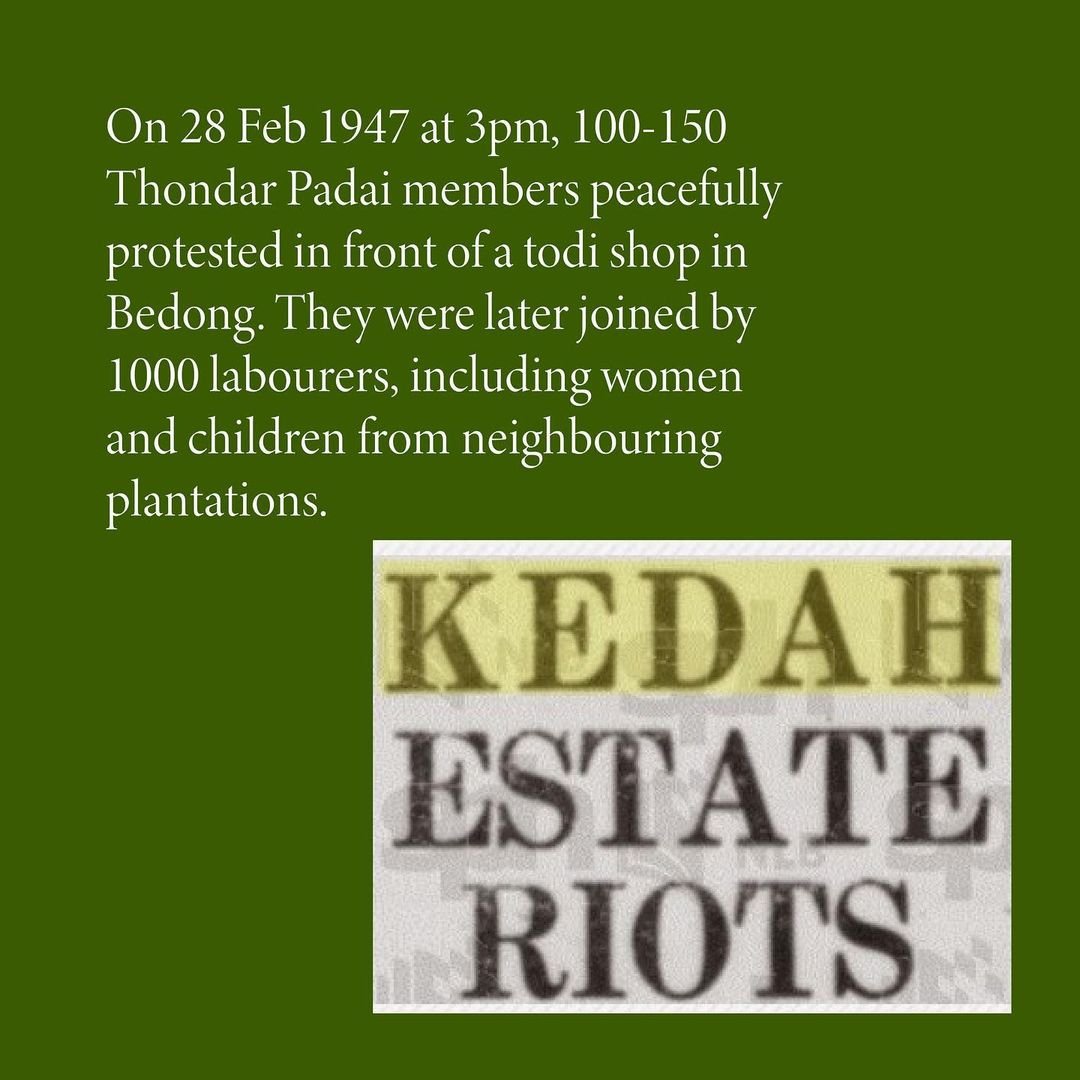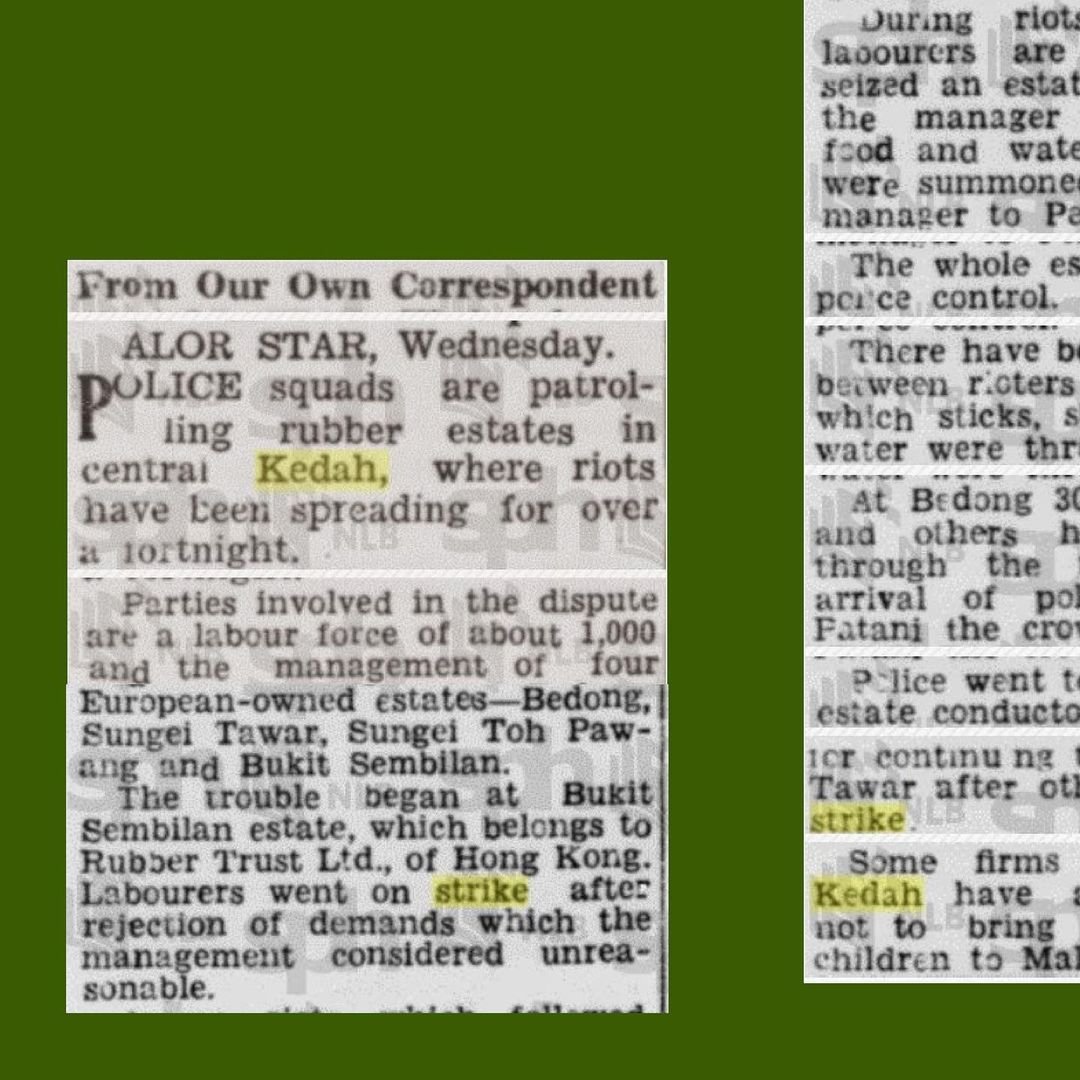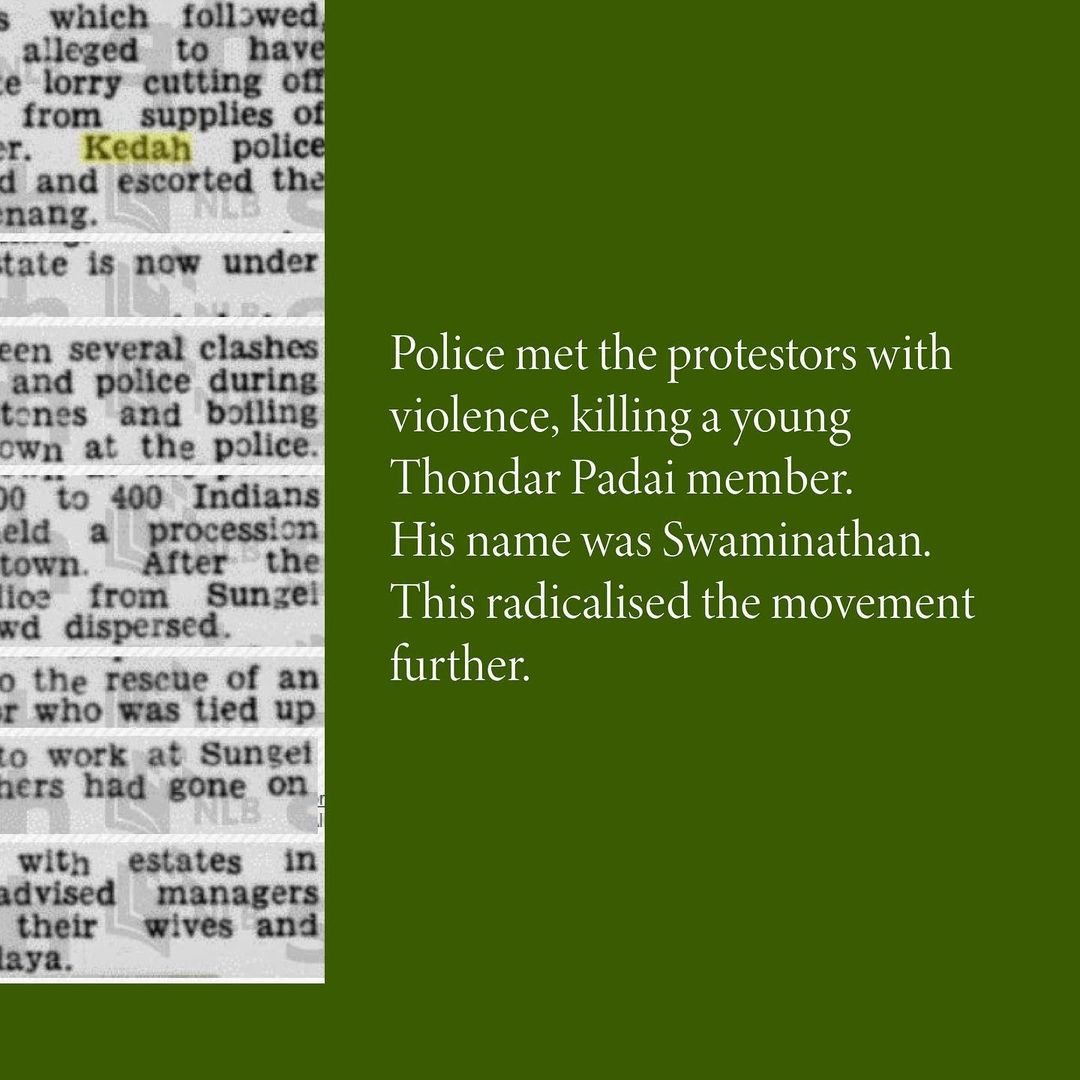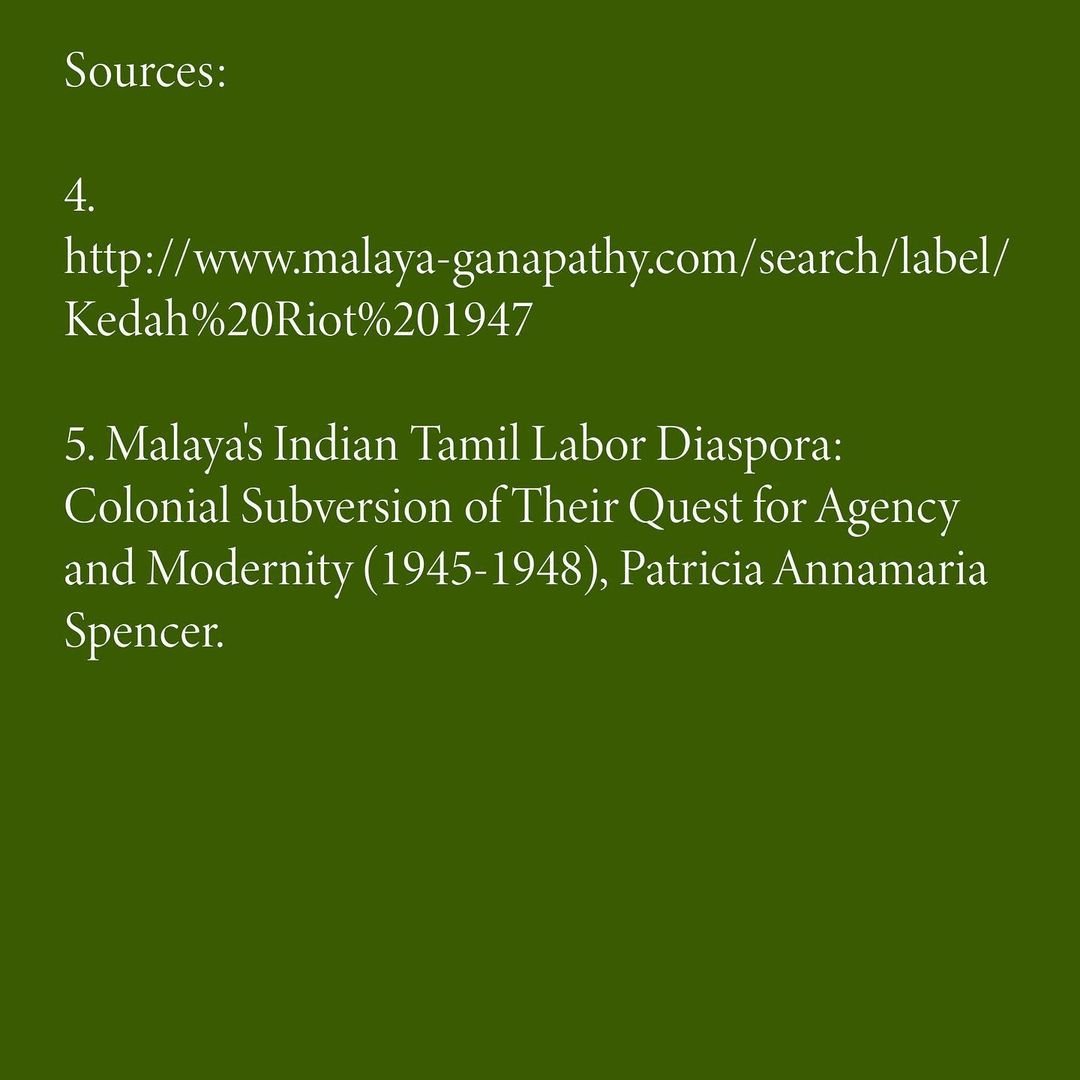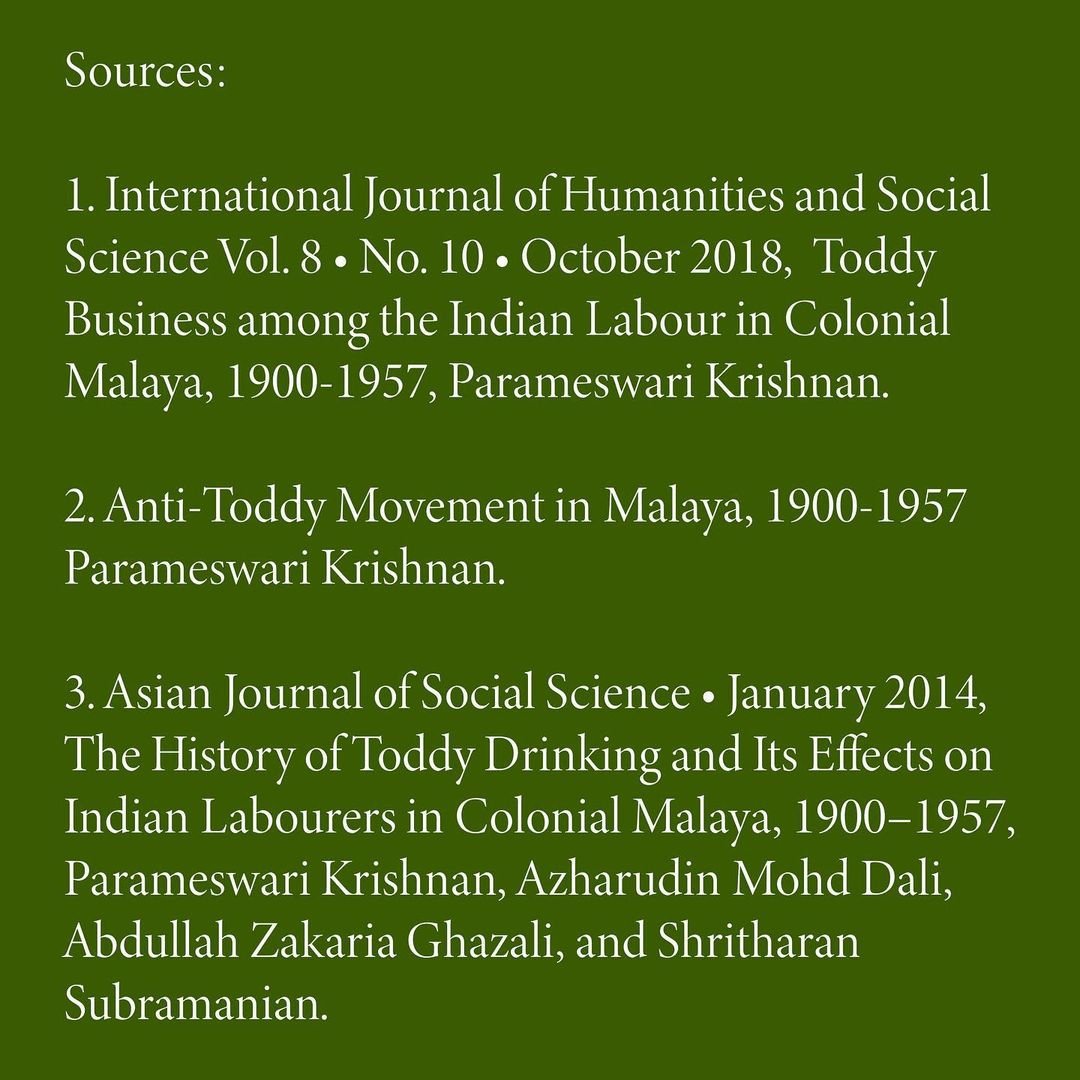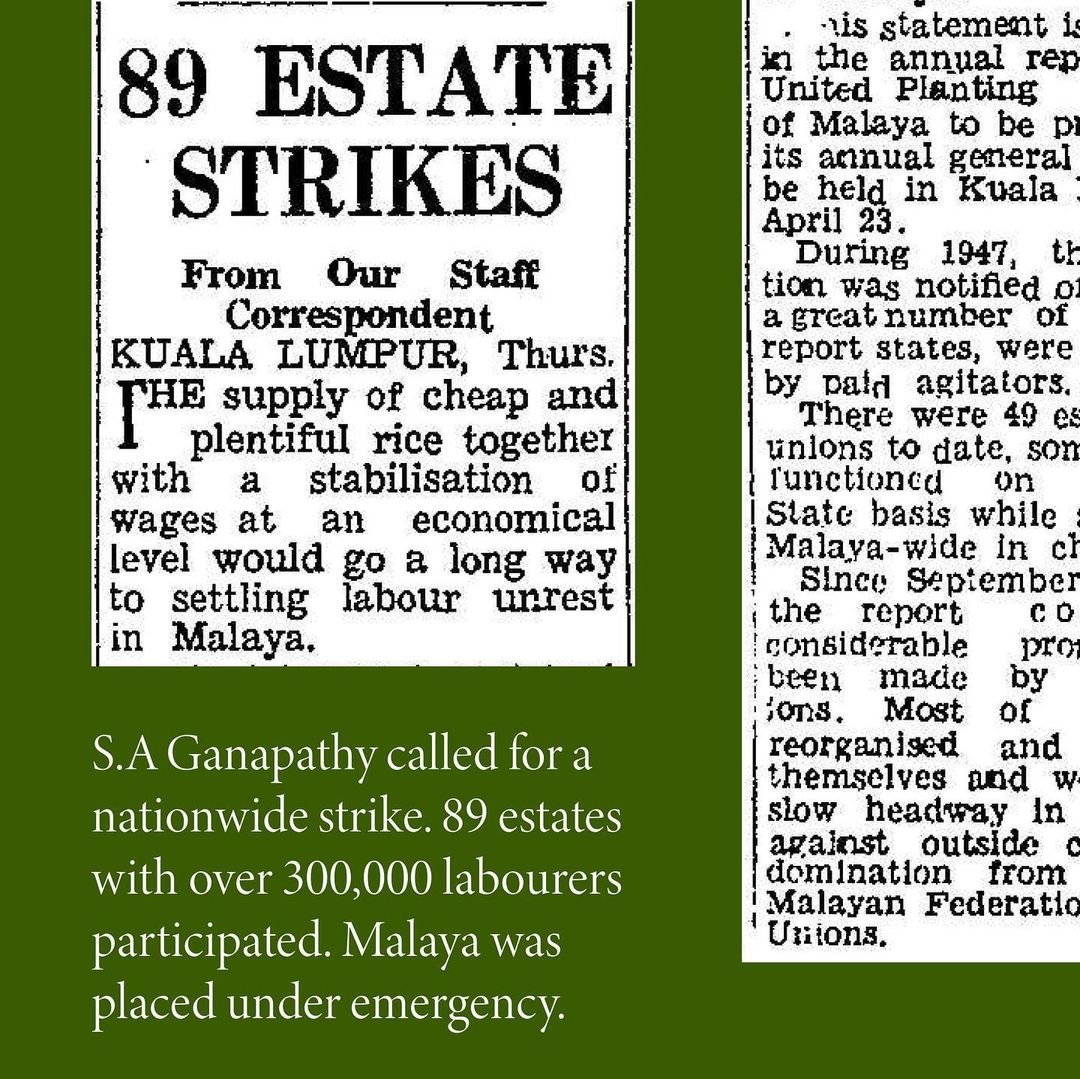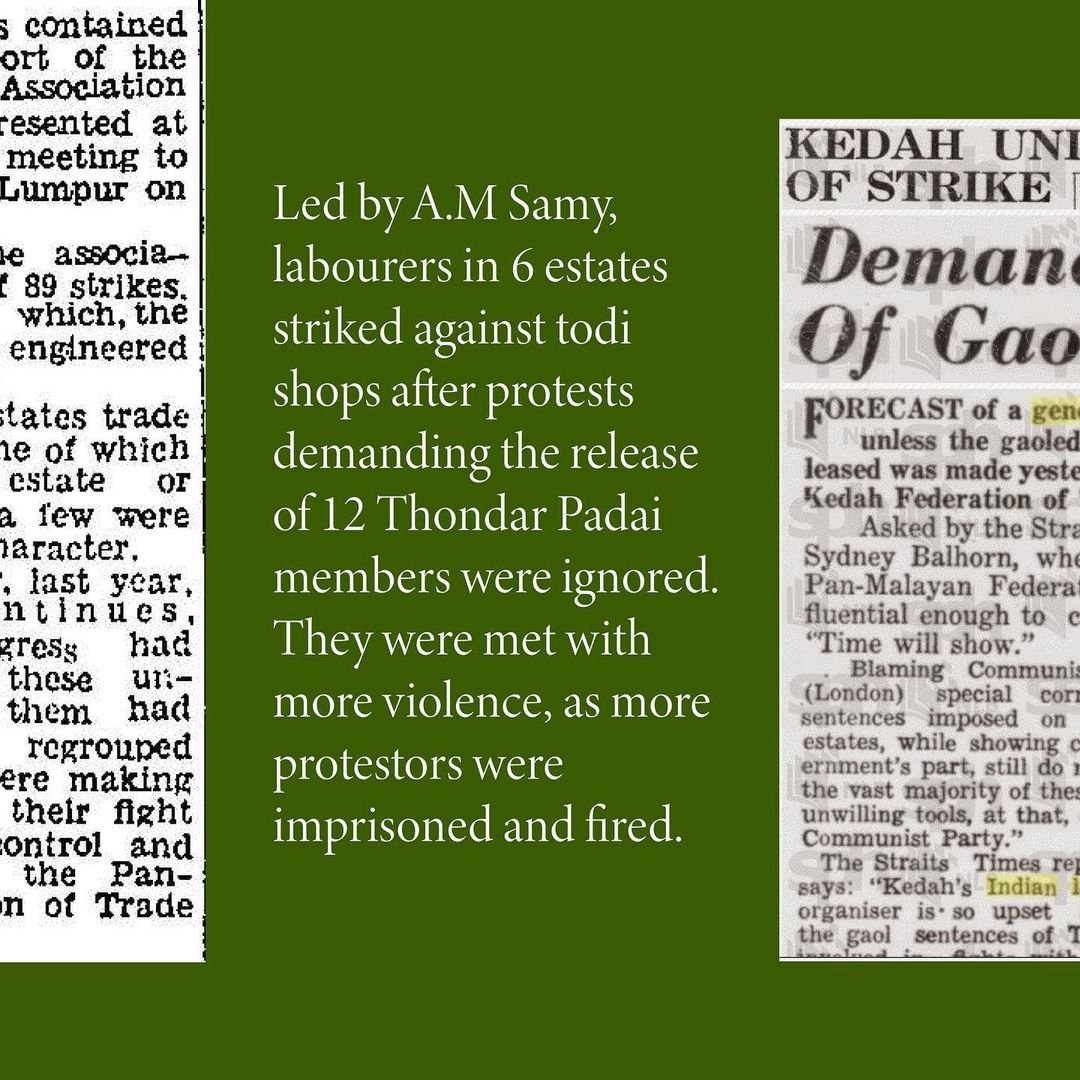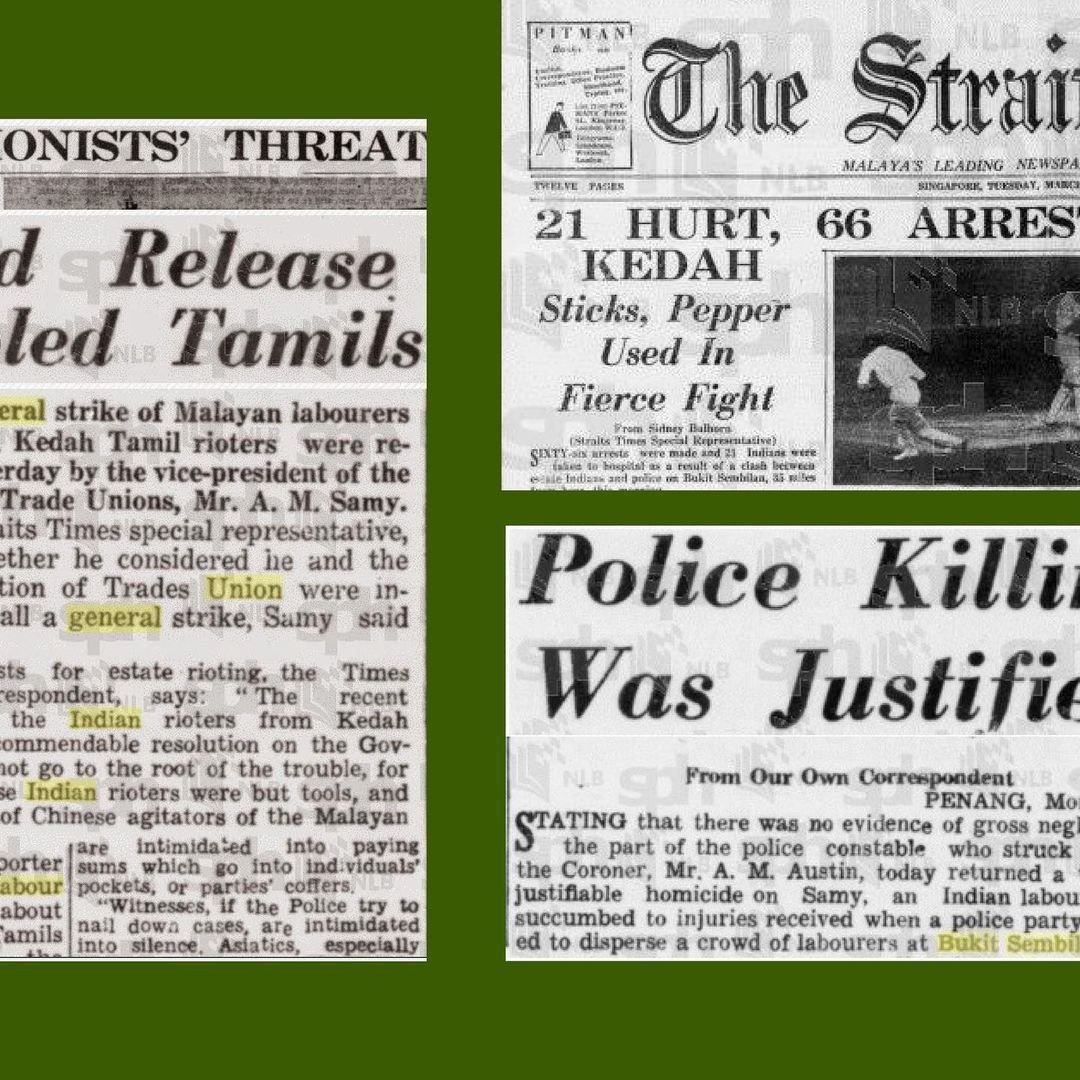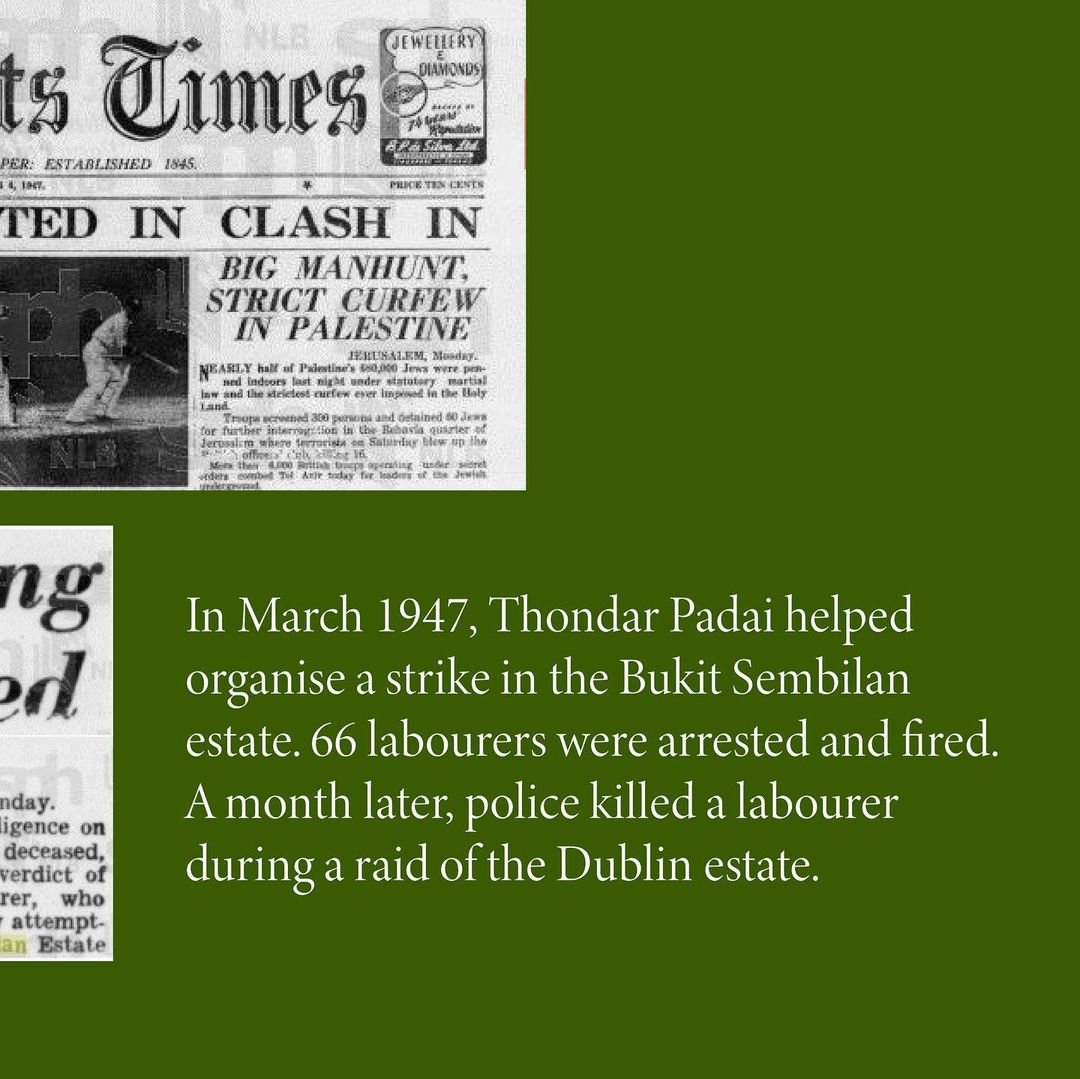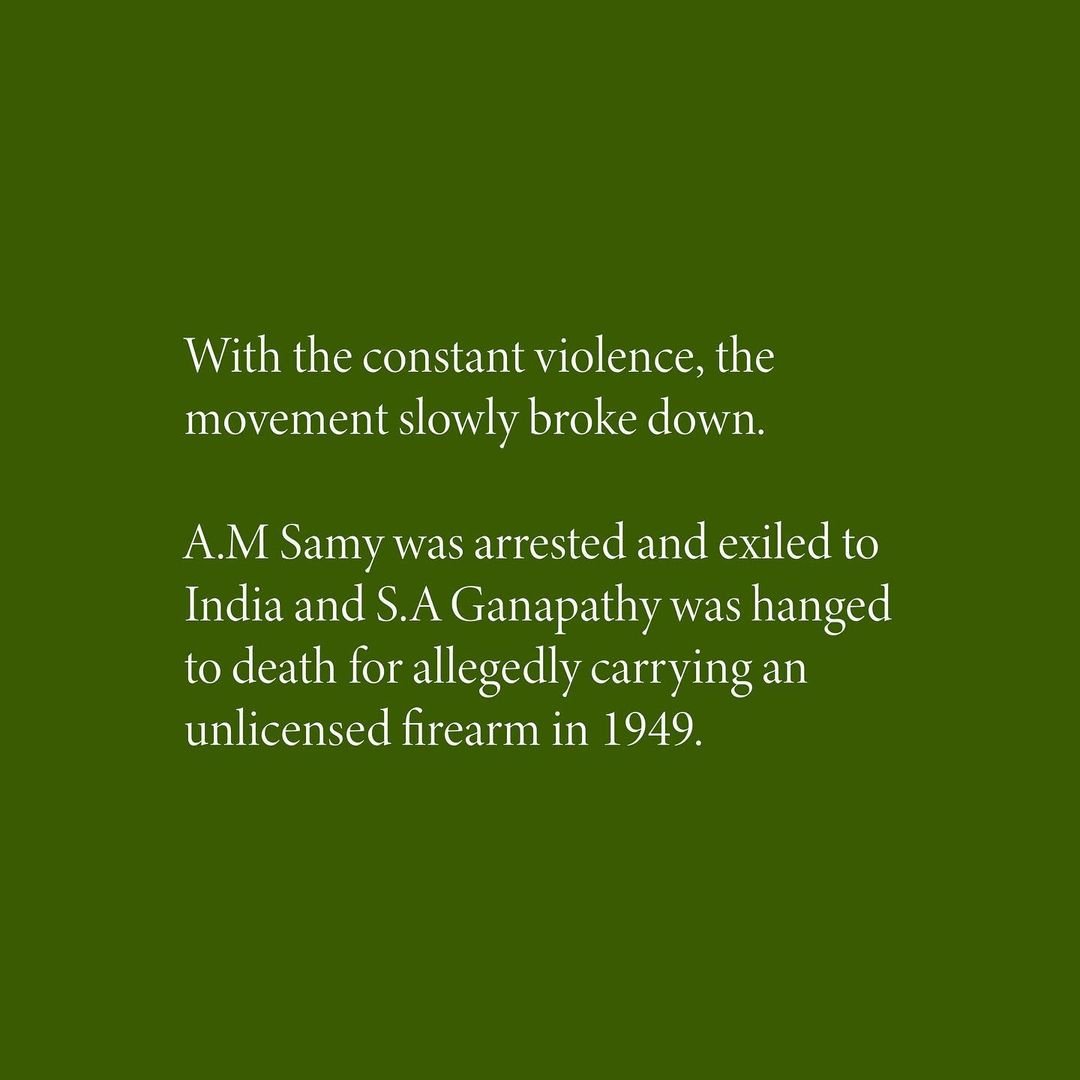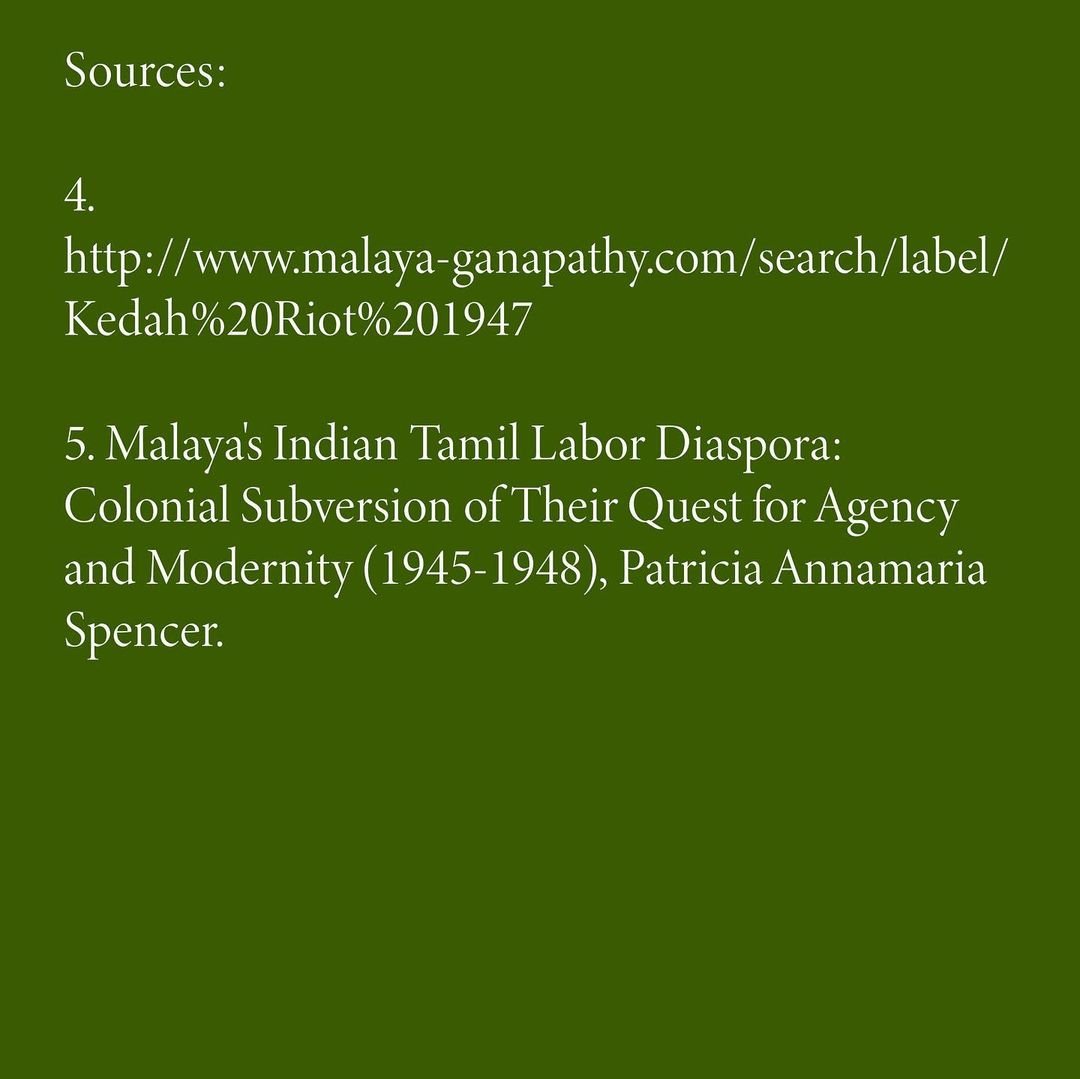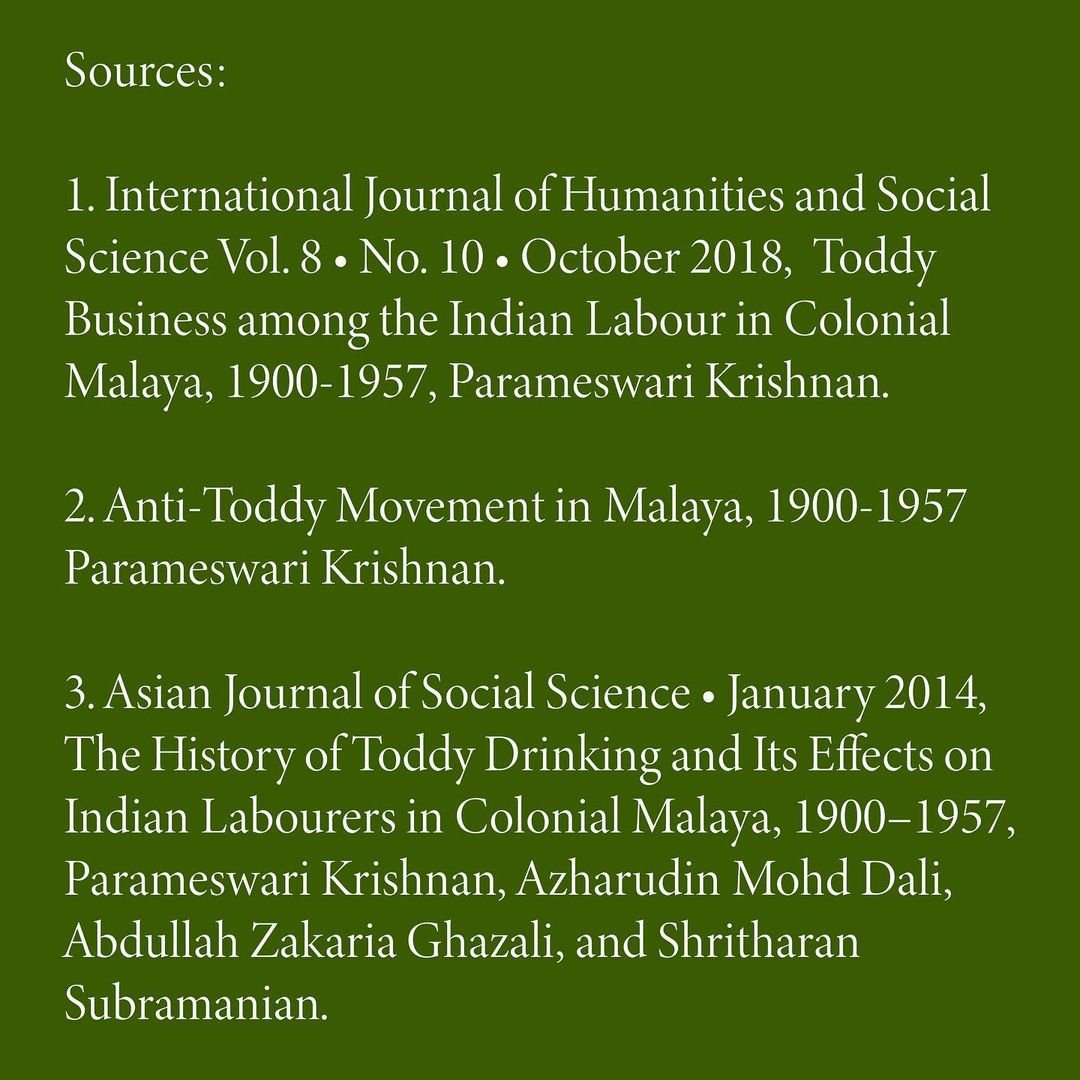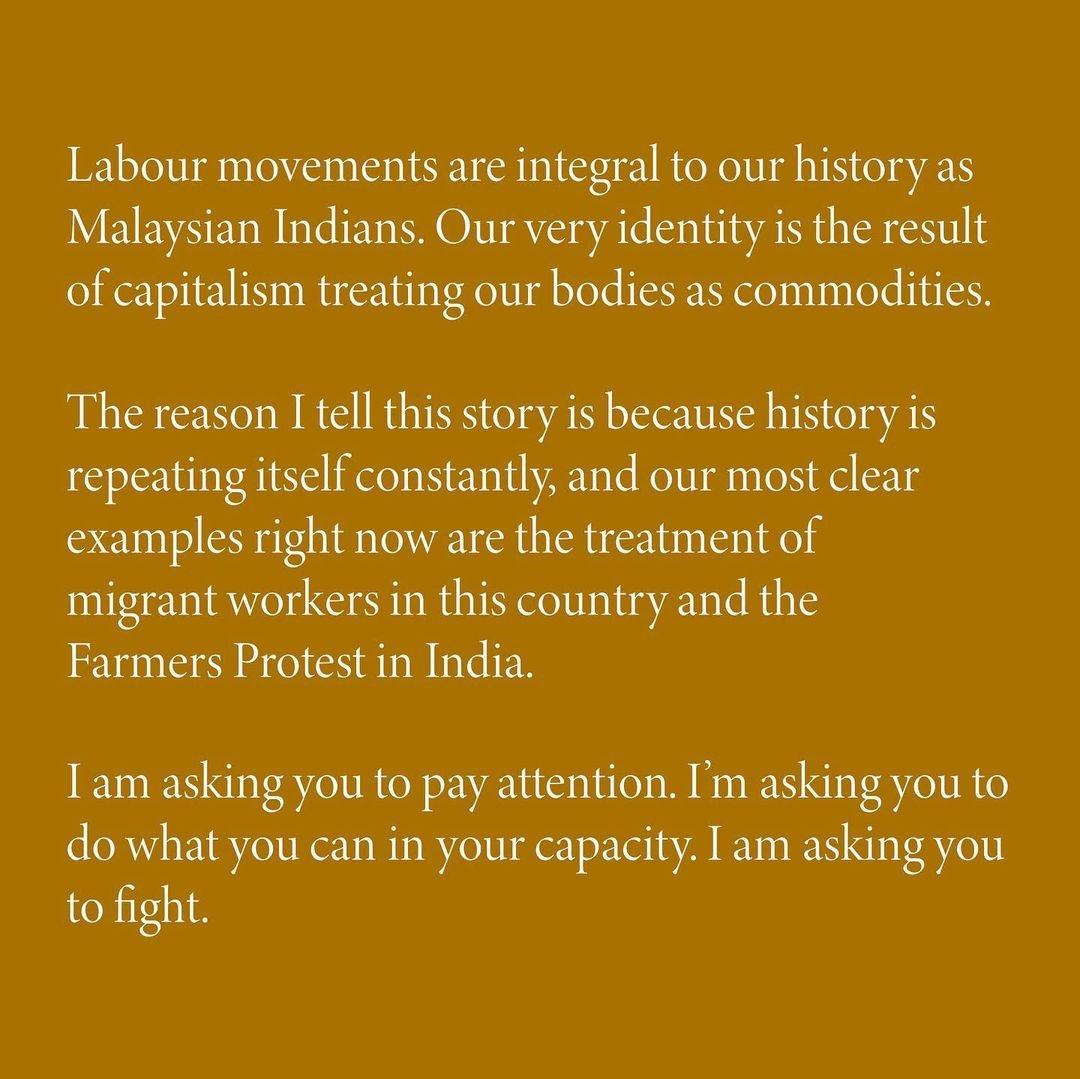Until We’re Free from Discrimination, We’re Not Liberated
“We won political Merdeka from the British but we never achieved biographical and ethnographical liberty.”
Ooi Kee Beng, Merdeka for the Mind: Essays on Malaysian Struggles in the 21st Century.
How can we sincerely celebrate Malaysia's Independence Day when not everyone has the opportunity to live a dignified life in this land?
What to consider when reading this article:
1. This is not meant to be a Happy Merdeka celebratory post. It is rather an urge, a plea from my perspective of living in Selangor and observing the gap of dignified experience in a brown body.
2. If you’re not used to reading long-form articles, I urge you to reconsider sitting with the discomfort. The social media landscape is too distractive and is not the space to have this discussion.
Breaking News: If You Don't Already Know, You Haven't Been Paying Attention
What does liberation mean for people who reside in Malaysia today?
We need to remember that independence, our Kemerdekaan is not just about freedom from colonizers. It was not achieved on 31st August 1957 if we don’t continue to sustain it.
The British, Portuguese, Dutch and Japanese were invaders of our land, colonizers who established control over the indigenous tribes and locals of Tanah Melayu. However, many with privilege and lack of perspective fail to realize and accept that now, it is the Malays who are the oppressor in Malaysian context.
Two wrongs don’t make a right.
Read more about the Kedah Riots, a quick summary by Vesha Naidu in the reference section below.
As Citizens of the Country, Why Are Indian Malaysians Still Living in Fear?
A deathly consequence for Indian Malaysians is when evidence suggests that the Malaysian police engage in racial profiling, which is the practice of targeting people of a particular race or ethnicity for suspicion of crime.
This leads to Indian Malaysians being more likely to be stopped and searched by the police, and it can also lead to them being more likely to be arrested and charged with crimes.
Creative direction by John Kam and Dev Nair, assisted by Hammada Bamadhaj, Shackled highlights the injustices endured by the Indian community in Malaysia.
Racial Profiling Contributes to Innocent Indians Getting Arrested & Murdered in Police Custody
The article "Death in Custody: Putting Matters in the Right Perspective" by S Arutchelvan was published in Focus Malaysia on August 6, 2021.
Arutchelvan discusses the factors that contribute to deaths in police custody, such as police brutality, torture, and neglect. He also discusses the lack of accountability for police officers who are involved in deaths in police custody.
Artwork by my students showcased during the Banana Leaf Art Exhibition in GMBB, 2019. Photo credit Sharmilla Ganesan.
According to Malaysiakini, official figures show that Indians, who make up only 7% of the Malaysian population, accounted for 23.4% of all deaths in police custody between 2002 and 2016.
However, Suaram estimates that this figure could be as high as 54.8%.
While co-hosting Drawing Rights: An Artist’s Workshop on Police Brutality by Amnesty, I also learned that it’s seemingly impossible to get accurate numbers.
Why? The Police Act 1967 was revised in 1980 doesn’t address serious misconduct and there’s no impartial unit to oversee the 137,500 police personnel across 837 stations in our country.
Photograph by Vaneesha Krish during the Lawan Protest amidst pandemic in 2021.
Why Human Rights Matter to Everyone, Even If You're Not Indian Malaysian
“Let me explain it this way. Maybe, you are not too bothered about people who get arrested and who suffer physical harm and even death in custody. You may think that only happens to criminals and they deserve it. It has nothing to do with me, you think.
Until one day, your brother who has not committed a crime is arrested for being in the wrong place at the wrong time. He is innocent but he is detained in a prison where the conditions are filthy and crowded. You go there and try to get him out.
You can’t. The police can hold him and will in all likelihood get a remand order to keep him there until they finish investigations. In fact, no investigations are actually done over those days in remand and the remand is a punishment in itself.
Photograph originally published in the article titled, ‘What Are You Doing?’ Ambiga Sreenevasan Slams PH Govt After Police Questioning in Jan, 2023. Photographer unknown.
Your brother’s employers are very unhappy and he may lose his job. Your brother’s friends and colleagues think the worst of him. You imagine all sorts of things. You have heard of mysterious deaths in custody.
And for the first time in your life, you think of things you have never thought of before. Prison conditions, treatment in custody, abuse of power, police brutality.“
Suddenly Human Rights Make Sense
“And you may think, thank goodness for those who fight for the rights of others! That’s why we must always be concerned when anyone is deprived of human rights. Martin Luther King famously said, “Injustice anywhere is a threat to justice everywhere”.
- Excerpt of Ambiga Sreenevasan’s Speech during Taylor’s Youth P.A.C.T. 25th June 2023. Ambiga is a human rights advocate who is one of eight recipients of the US International Women of Courage Award in 2009.
This body-painting project was commissioned for a Merdeka celebration in 2017, but never got published. They were afraid it “looked gay”. Models: Azizan Afi, Jiet Wong, Anantha Rajah. Photographed by the client’s in-house photographer. Edited by Jiet Wong.
Jangan Jadi Katak Dibawah Tempurung
Police raided the office of Freedom Film Network (FFN) and the home of cartoonist Amin Landak home on July 2, 2021, on suspicion of producing an animated film that allegedly defamed the police.
The animation titled "Chilli Powder & Thinner", details the alleged torture of three teenagers in police custody. ”This video may be animated, but the reality is not.”
The raid is an example of how difficult it is for people to speak up against human rights issues in Malaysia. This was an attempt to send a clear message to other people who may want to speak up against human rights abuses in Malaysia: that they could face similar consequences.
Is this child’s fate sealed because of the color of its body? A photograph by Indian Malaysian creative, Thevasree Krishnan during the Thaipusam festival held annually in Batu Caves, Selangor.
The Climate of Fear and Intimidation: How It Silences Indian Malaysians
Surely this is merely the worst-case scenario. “Well-behaved” Indian Malaysians otherwise live a relatively good life. Work hard, keep your head down and stay quiet.
That has been my maternal family’s mantra, being descendants of the Sri Lankan Tamil heritage. We’ve remained hidden for decades, and my relatives continue to do so thinking my efforts are detrimental. I’ve inherited their DNA, culture, but the fear is refusing to sit in my body.
Drawing by my student from GoodKids Malaysia from PPR Flats Damansara Damai. Digitalized by Catherhea Potjanaporn.
Tuhan (pun) Hanya Untuk Orang Islam?
“Dalam konteks negara kita, agak mustahil dan tidak masuk akal untuk seseorang memberikan alasan “tidak tahu” mengenai perkara-perkara asas berkaitan agama-agama utama di Malaysia”, asserts Uthaya Sankar SB in his book, Suvarnabhumi: Identiti dan Jati Diri.
Of his 74 essays about language, literature, arts, culture, history, and religion in this book, I was most impacted by his sharp analysis of Dewan Bahasa dan Pustaka who have been intentionally malicious in their microscopic but extraordinarily significant publishing choices.
Writer Uthaya Sankar SB addresses the crowd in GMBB during Thiruvilla, a celebration of Indian Malaysian Arts Festival held in GMBB in 2019. Photograph credit Shaadi Story.
Let’s dive into the specific capitalization of the word God, in Malay.
“Masyarakat awam yang baru-baru in sibuk mengkritik kehadiran istilah “Keling” dalam Kamus Dewan nampaknya belum menyedari usaha subversif yang seolah-olah sedang diferakkan secara penuh licik oleh DBP untuk menghina dan memperlekeh anutan agama dan kepercayaan mereka (Bukan Islam) kepada Tuhan.
Sekiranya kita melakukan semakan, dalam Kamus Pelajar (1988) hanya ada entri “Tuhan”. Manakala dalam Kamus Dewan (2005) dan Kamus Dewan Perdana (2020) diberi takrif berbeza bagi “Tuhan” dan “tuhan”.
Illustration by Thineswari G. for Khumbhabishegam Documentary by yours truly.
“Tuhan” dikatakan merujuk secara eksklusif kepada Allah, manakala “tuhan” merujuk kepada “sesuatu yang dipuja oleh golongan manusia yang agama atau kepercayaan mereka yang tidak berasaskan kepercayaan kepada Tuhan Yang Esa”.
Read the English version of this article that was first published in Malaysiakini, 16 April 2021 (Malay) in Focus Malaysia on 17 April 2023: Apart for Allah, why is the word “Tuhan” exclusive for Muslims too?
Is the Indian Malaysians’ Cultural Experience a Joke?
“Last night, I attended a musical performance that included a sort of medley of “performances from around the world”, one of which was “Indian”.
I use this term loosely because what it in fact was, was a lazy semi-spoof of a Bollywood love song seemingly circa the 1980s — complete with badly draped saree and exaggerated hip jiggles.
As I watched the largely urban Malaysian audience burst into laughter and appreciative applause, I realised that I was tired.
I was too tired even to protest this cliched, one-dimensional performance of what was supposedly my culture — or, more accurately, what many people in Malaysia seem to STILL think Indian culture is.
Tired that even now, most of the people I share this country with don’t see that Malaysian Indian culture and India is both linked and separate, born of but grown up, rooted yet blossomed in its own myriad ways.”
– An excerpt of the review written by BFM host and art critic Sharmilla Ganesan, Making Malaysian Indian Art for an art exhibition I curated in 2019.
Examples of How Racism Towards Indian Malaysians is Still Rampant
“I’m sick of the Saree being used again and again as some sort of tired trope of seduction and inappropriateness. Because that’s exactly what this dress code implies.” Writes Sumitra Selvaraj to speak up against a secondary school in Ipoh for not allowing Saree as a traditional garment at a Raya celebration.
This isn’t the first time, and I know it won’t be the last.
In October 2022, Universiti Kebangsaan Malaysia (UKM)’s decision to ban the cheongsam and saree from being worn for convocation ceremonies was met with backlash on social media.
in 2016, The Ipoh City Council's dress code statement, which urged residents to wear their national costumes "except for the saree," has left many people wondering what concerns were really behind the decision.
The government banned the publication, sale, and distribution of K. Arumugam's book about the 2001 Kampung Medan riots in 2006, claiming that it was a threat to national security. The ban was upheld by the Federal Court in 2013. Source: MY Art Memory Project – Performing History in Bytes
Re-Imagining isn’t possible until the Indian diaspora in Malaysia isn’t given space to publically process the trauma their inherited bodies are carrying.
“This Body is Mine” features Nalina Nair, a politician and classical Indian dancer photographed by Vickneswaran. This campaign was the original thought that has led to this website: skinandsoul.art. The body paintings were done to protest against the cultural policing of the saree garment during the Thaipusam festival in 2017.
I’m not diving into cultural appropriation of murukku turning into “kuih traditional Melayu, maruku” along with putu piring. Now, the banana leaf experience as well. We feel forsaken in a land that refuses to rent its houses to us, give us jobs, fair access to education, and loans of equal merit.
There’s much more to be said about the intersectionality of racism and sexism, which demands more nuanced context and exploration. Keep watching my space and in time, I’ll more about that.
For now, will my voice be heard with empathy? Happy Independence Day folks, for what it’s worth celebrating.
Menyeru Untuk Perpaduan, Bukan Sebaliknya:
Will you use your privilege, to speak up on behalf on the discriminated this Independence Day?
This Malaysian band, Skies Are Red captures police intimidation in this song, with the lyrics “When you least expect it, when you don’t foresee it, they will come for you.” Recorded live at Iseekmusic Studios by Mokhtar Rizal. Video by Benjee Liansim.
Additional Resource: Malaysia Racial Discrimination Report 2021
The Malaysia Racial Discrimination Report 2021 is an annual report by Pusat KOMAS, a human rights organization in Malaysia.
The report found that there was a significant increase in incidents of racial discrimination in 2021, compared to previous years.
The report identifies a number of factors that contribute to racial discrimination in Malaysia which include:
The government's affirmative action policies, which discriminatory against non-Malays.
The prevalence of racial stereotypes and prejudices in Malaysian society.
The lack of effective mechanisms for addressing racial discrimination.
The Malaysia Racial Discrimination Report 2021 is an important document that highlights the serious problem of racial discrimination in Malaysia.
The report's findings and recommendations are essential for those who are working to create a more just and equitable society for all Malaysians.
A Notable Project Reclaiming “Keling”
“It's time to desensitize it and to counter-represent Tamils as majestic creatures instead of aggressive or just plain funny. The way is by celebrating femininity.” - Created by Perassath.
A Quick Summary: Malaysian Indians & A Labour Movement
“Labour movements are integral to our history as Malaysian Indians. Our very identity is the result of capitalism treating our bodies as commodities.
The reason I shared this story is because history is repeating itself constantly, and our most clear examples right now are the treatment of migrant workers in this country and the Farmers Protest in India.
I am asking you to pay attention. I’m asking you to do what you can in your capacity. I am asking you to fight.”
- Vesha Naidu
Police Brutality: Drawing Parallels Between U.S. and Malaysia
The murder of George Floyd by a Minneapolis police officer, led to nationwide protests against police brutality and systemic racism.
We explore the history of police brutality in the US and the years of systemic racism that led to this historic moment, and also explore why the current Black Lives Matter movement has inspired countries like Malaysia to look inwards towards any systemic racism or police brutality that might exist in our country as well.
Featuring Mohan Ambikaipaker, Associate Professor in Critical Race Theory & Postcolonial Studies. Produced and presented by Dashran Yohan for BFM 89.9






